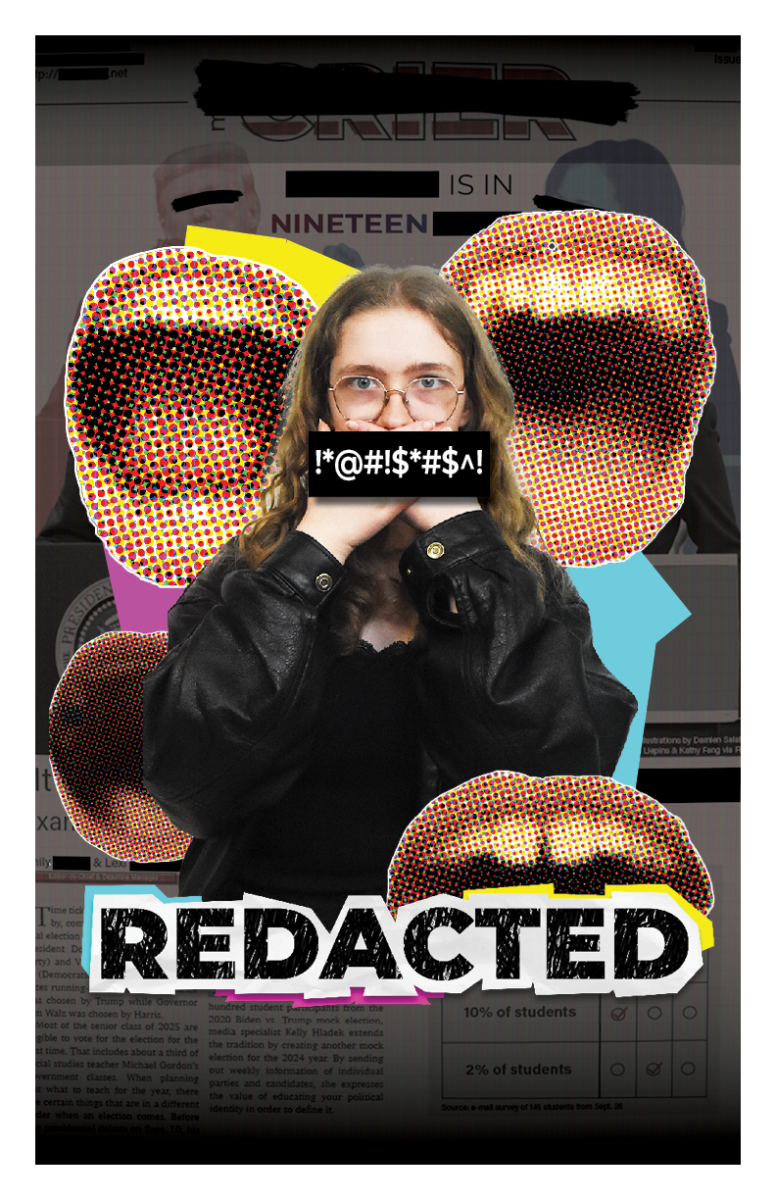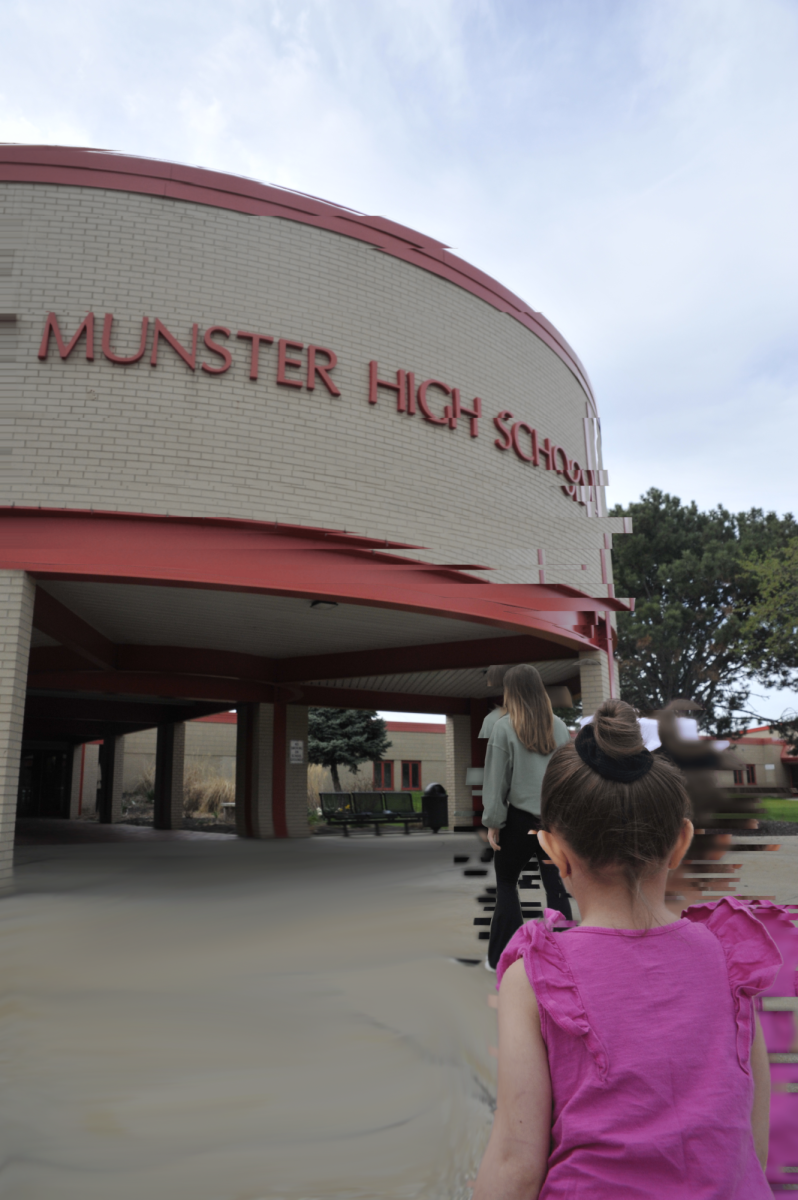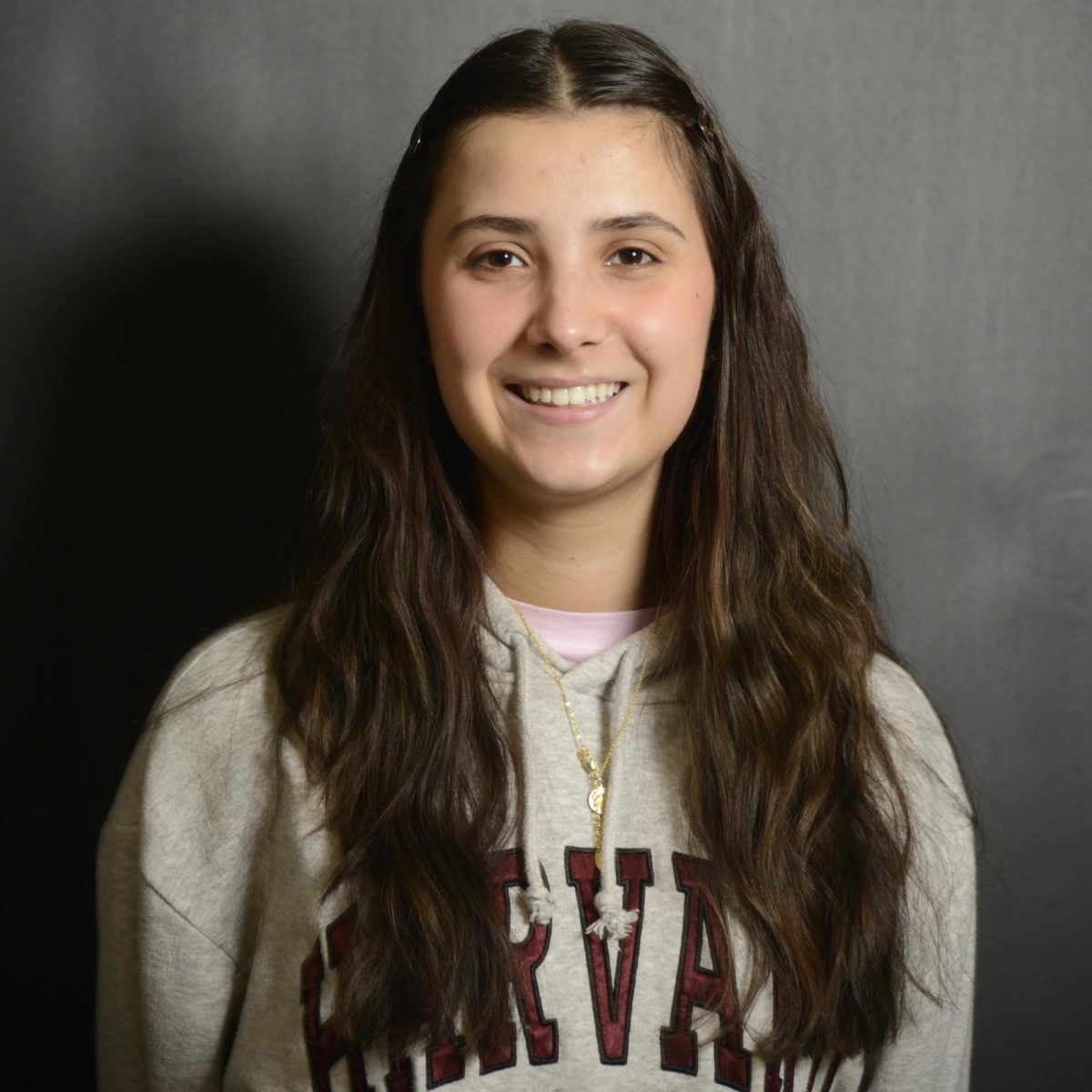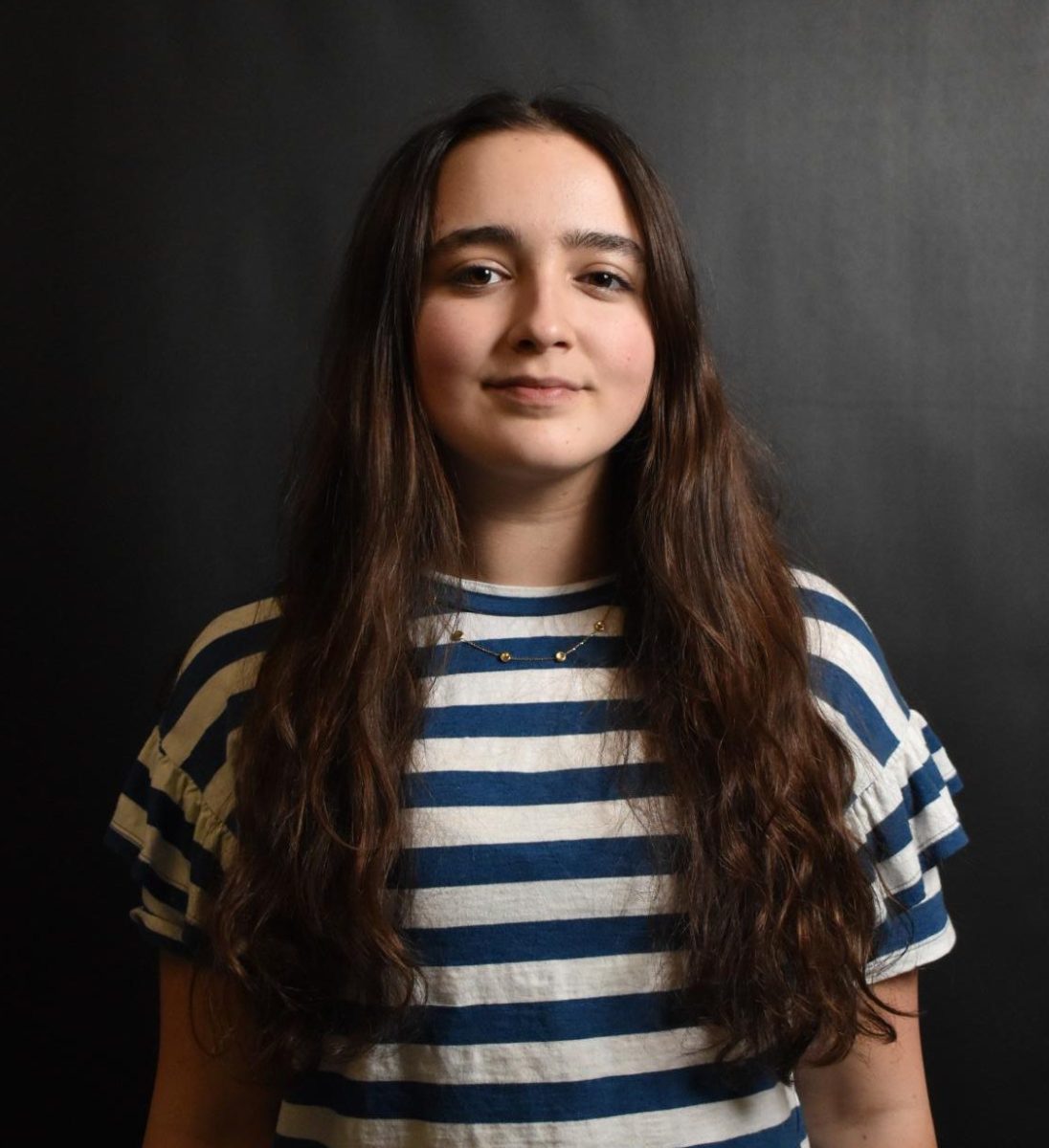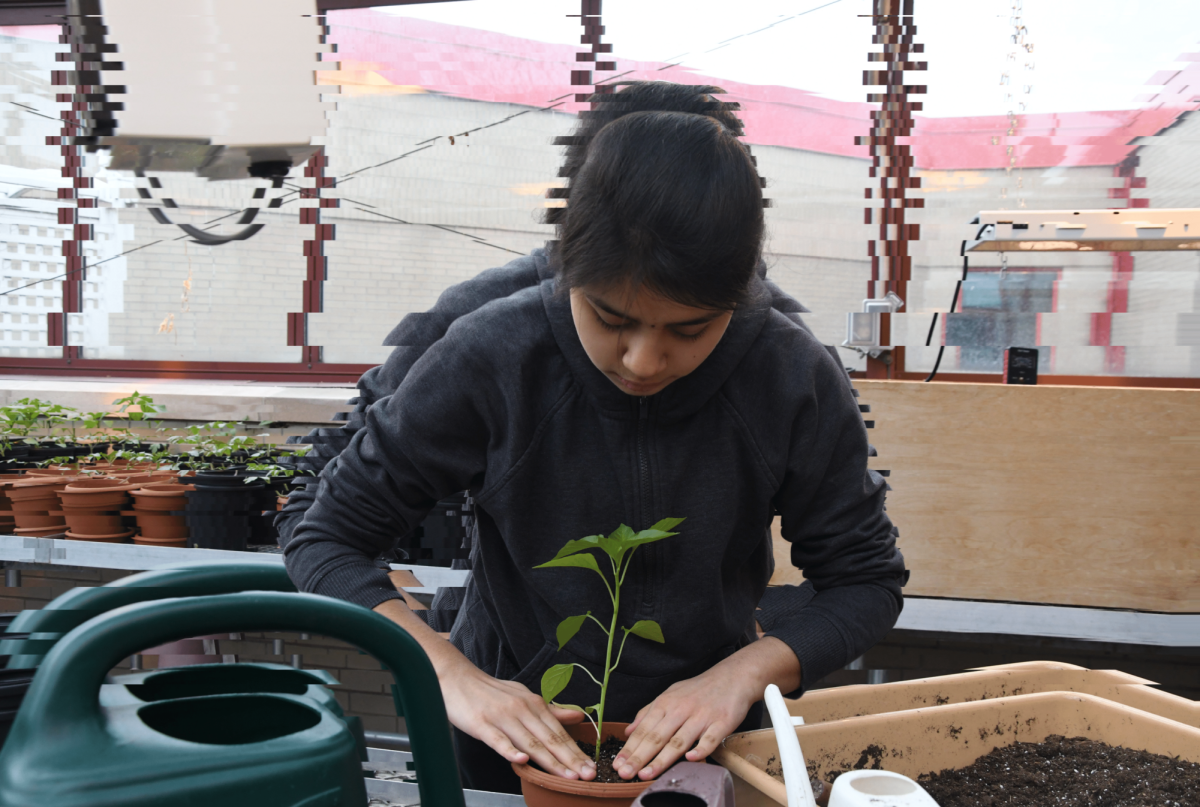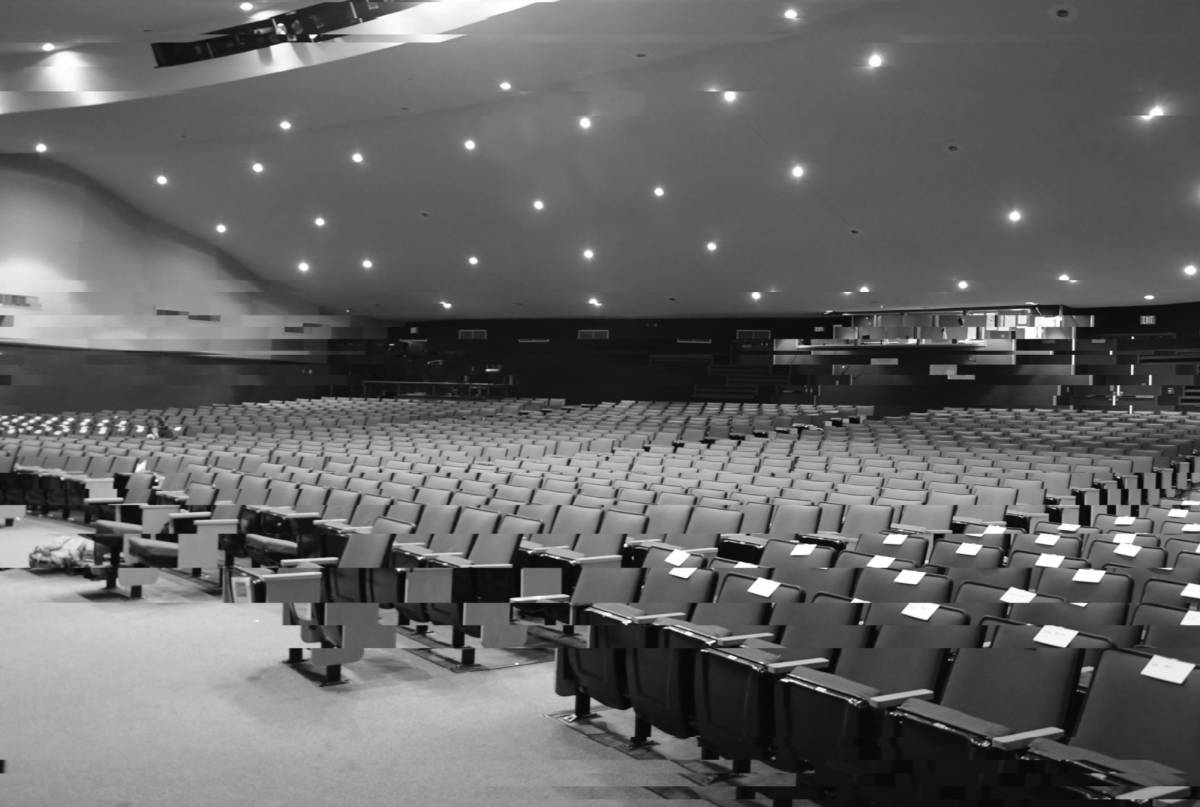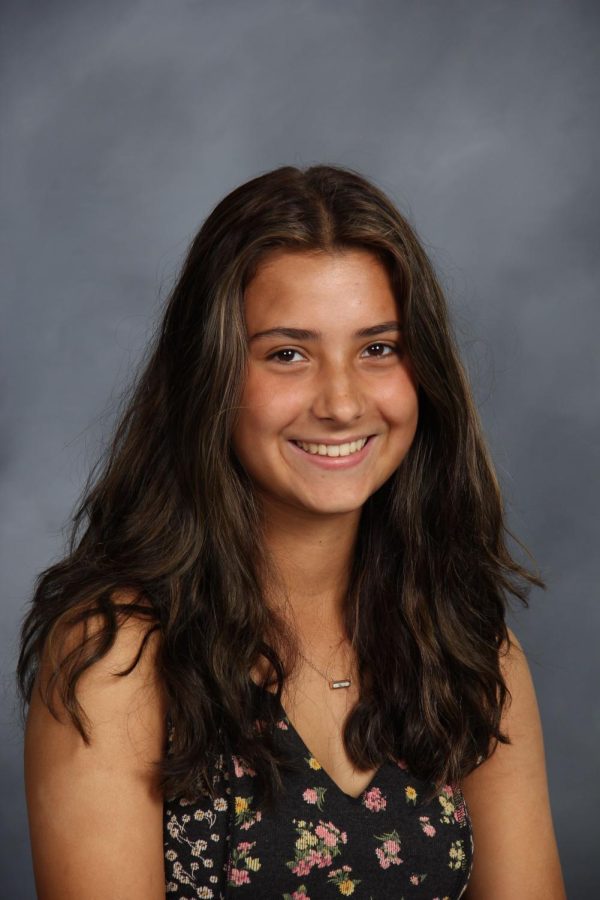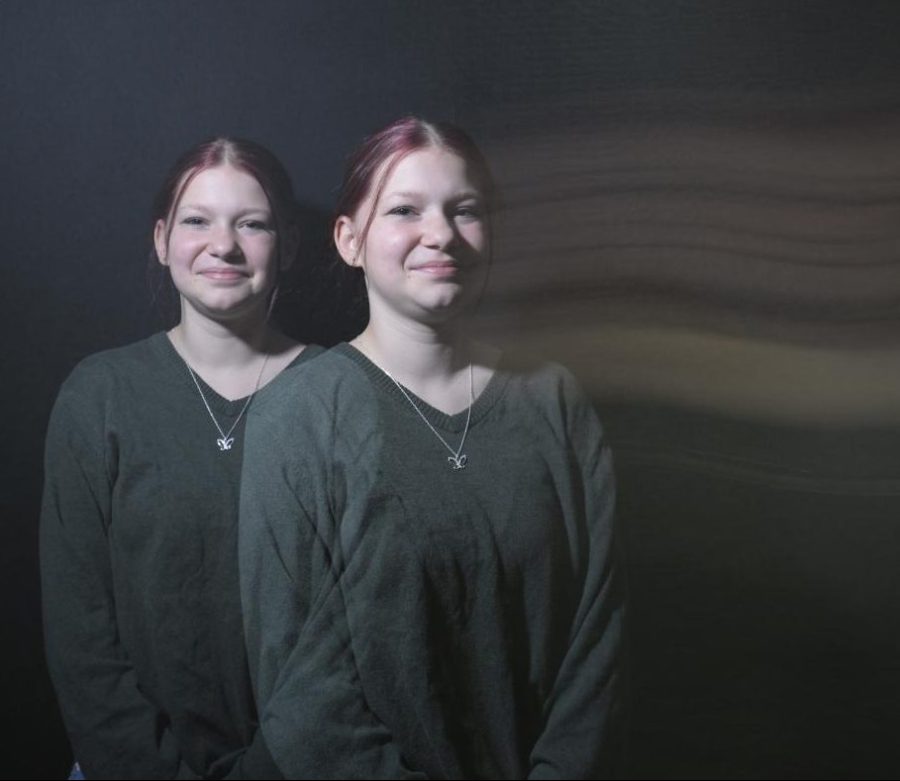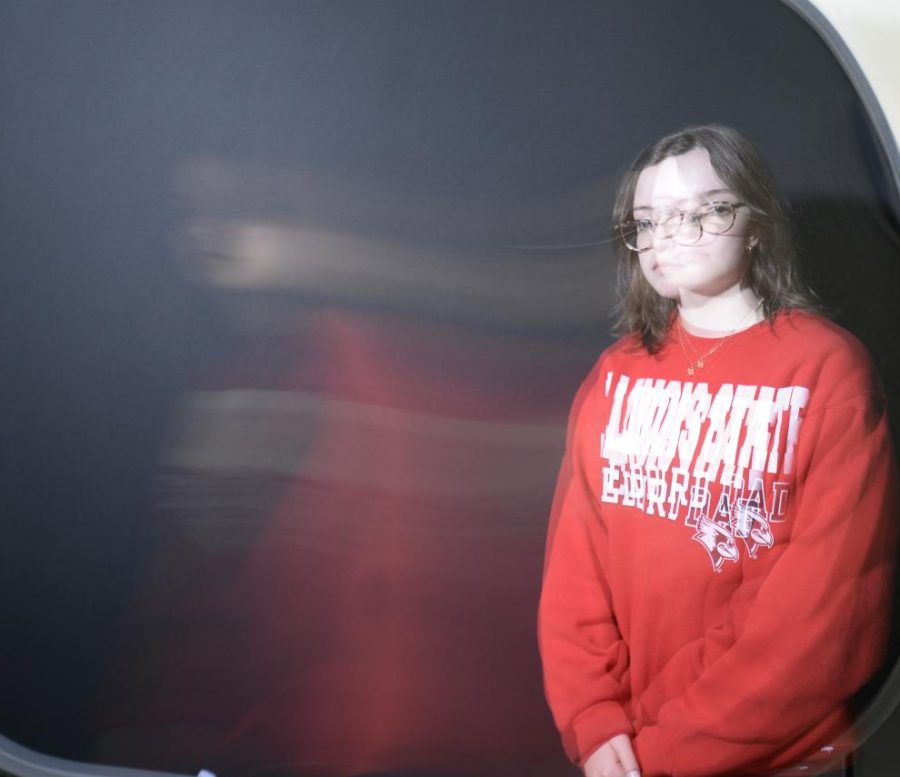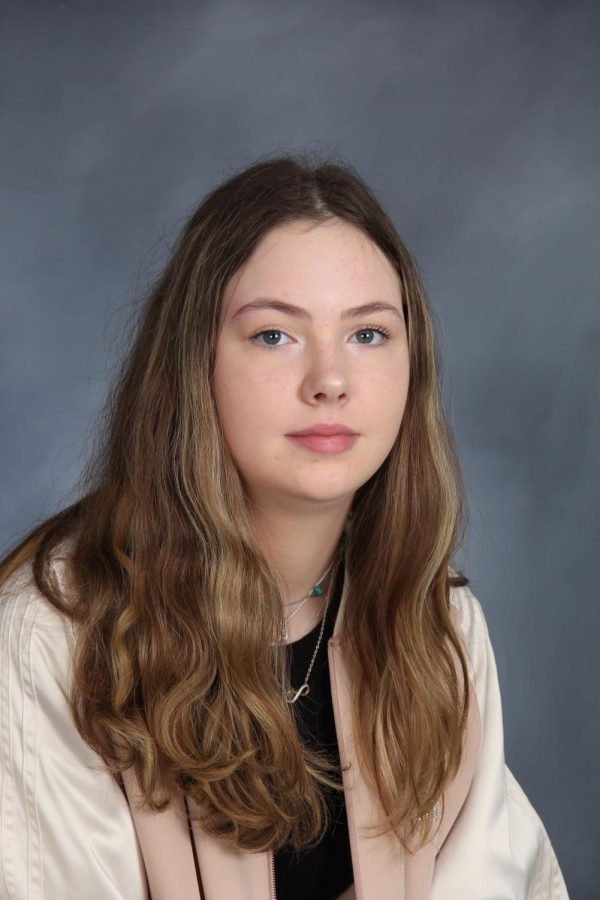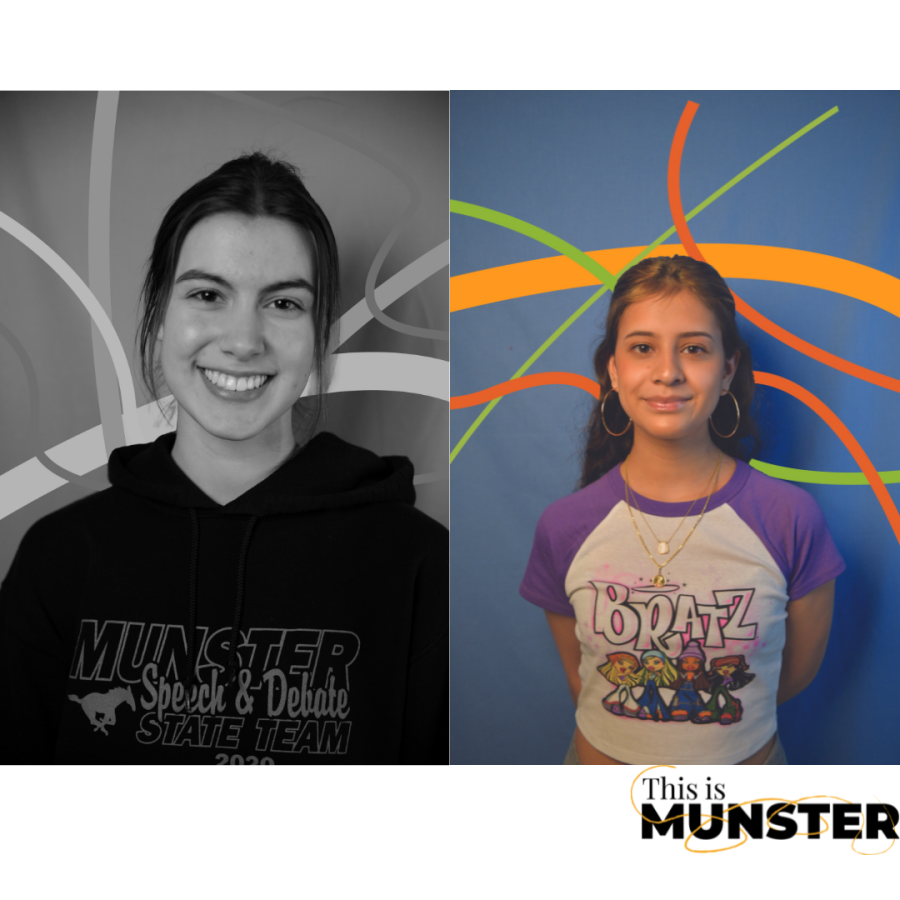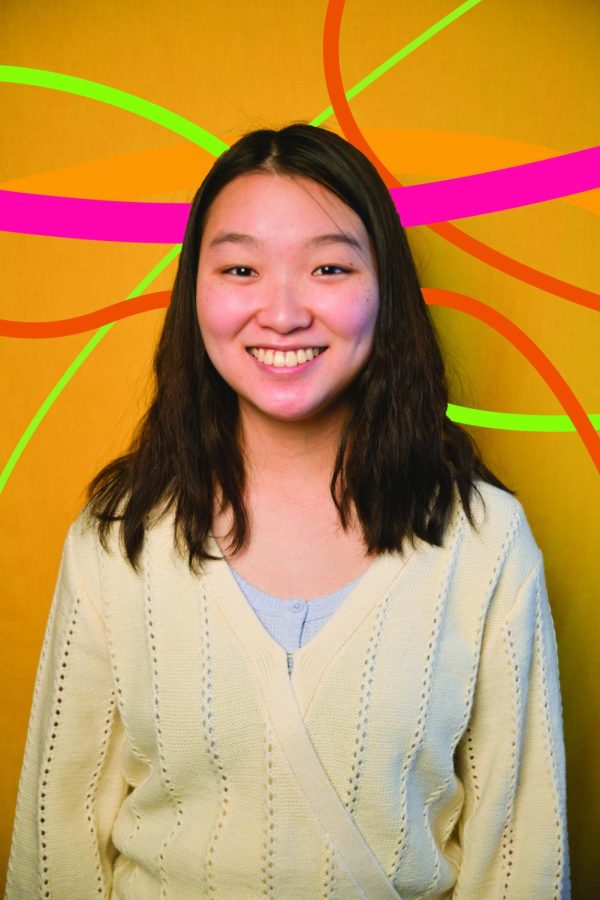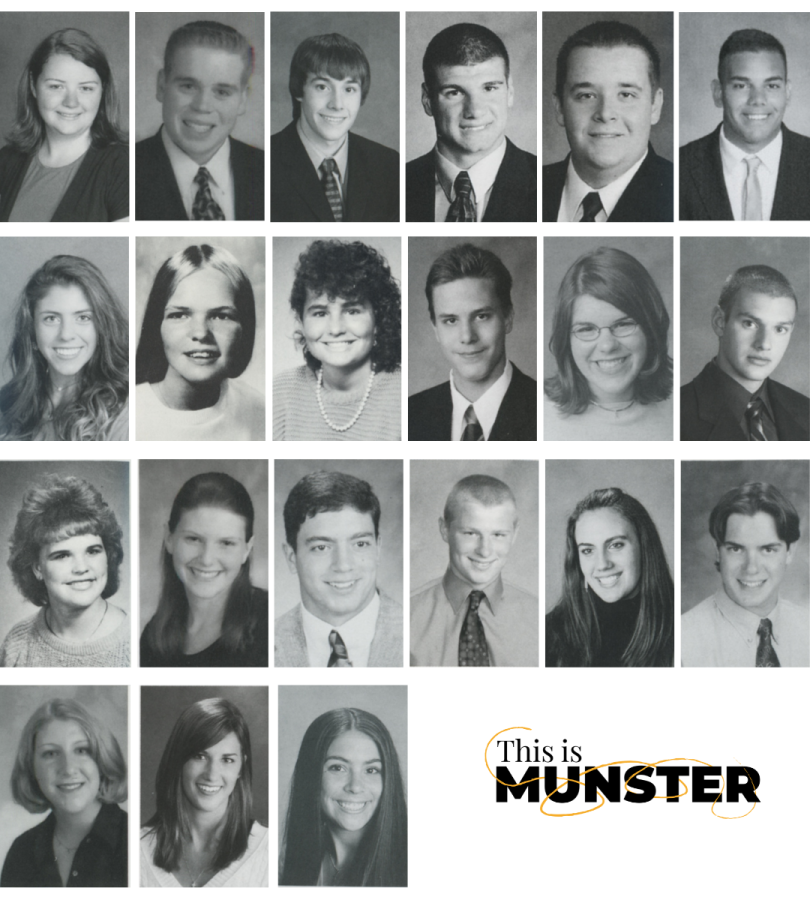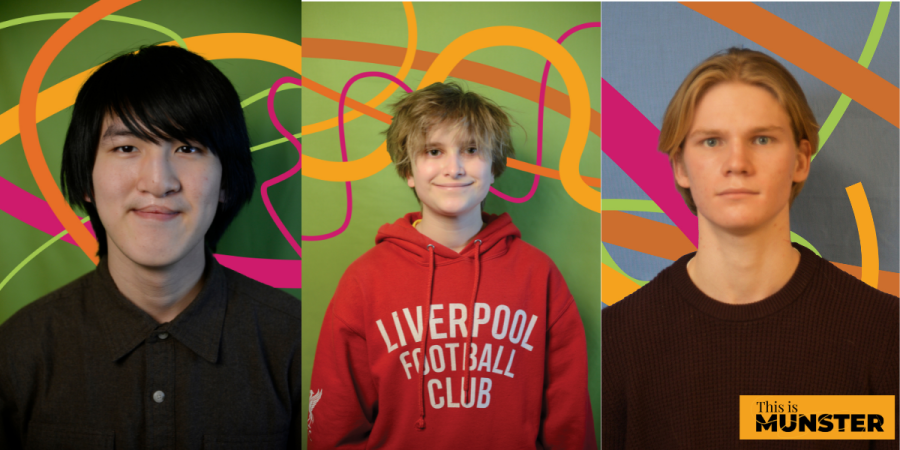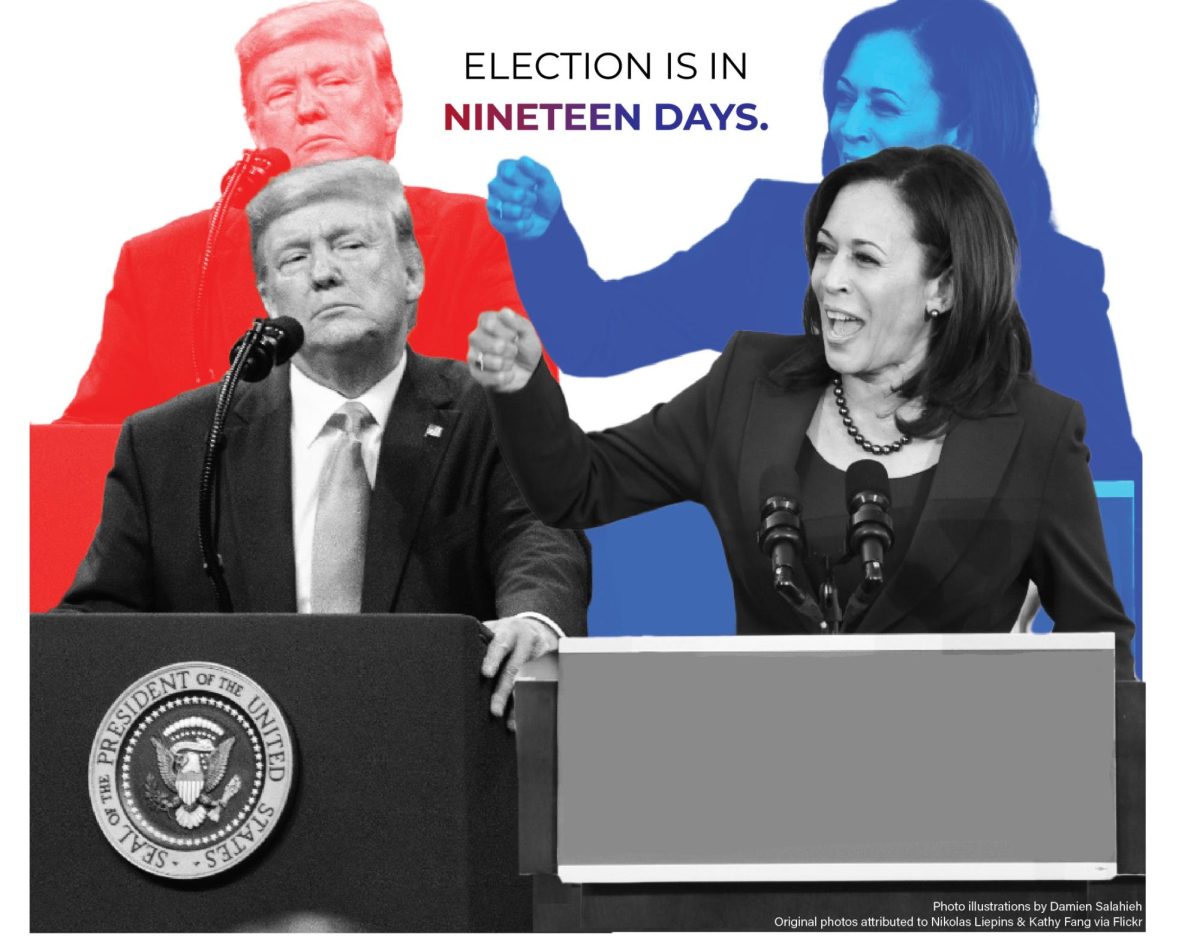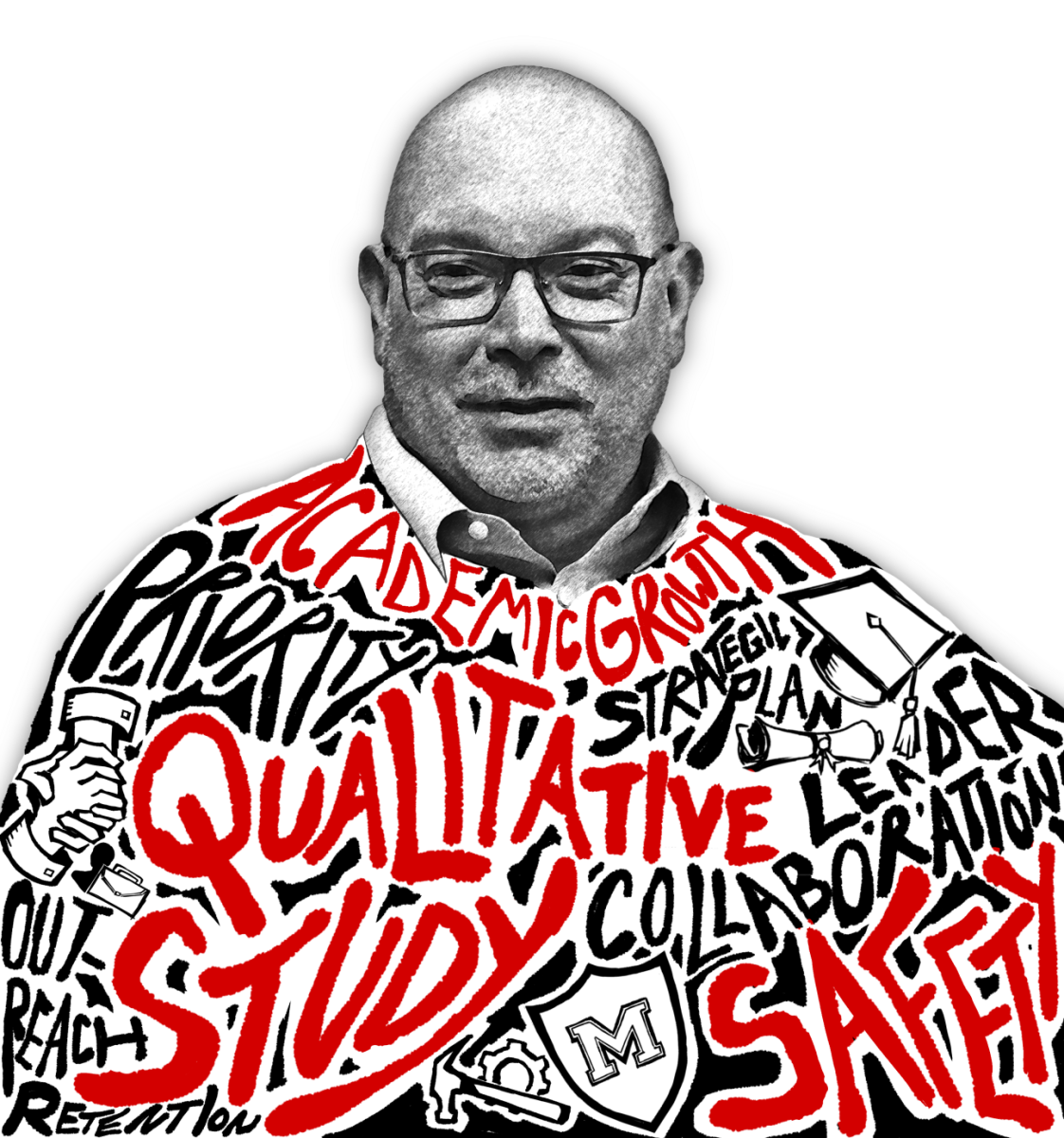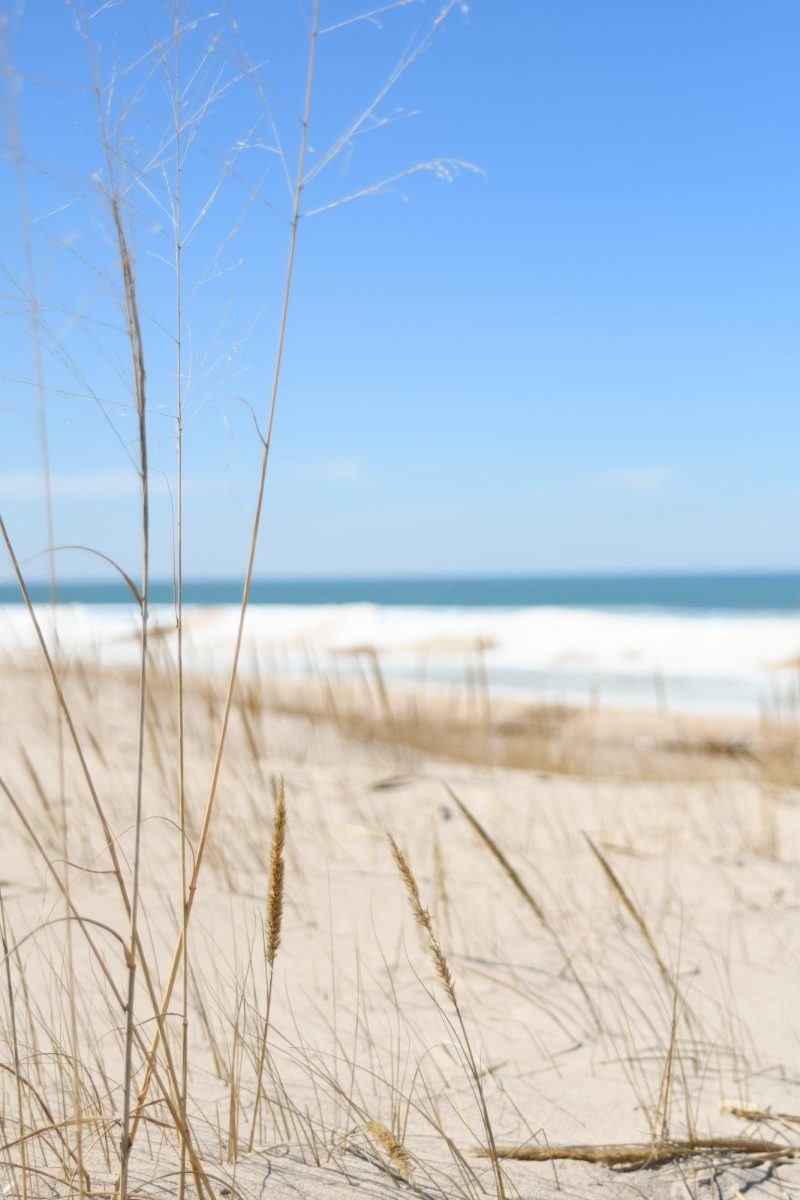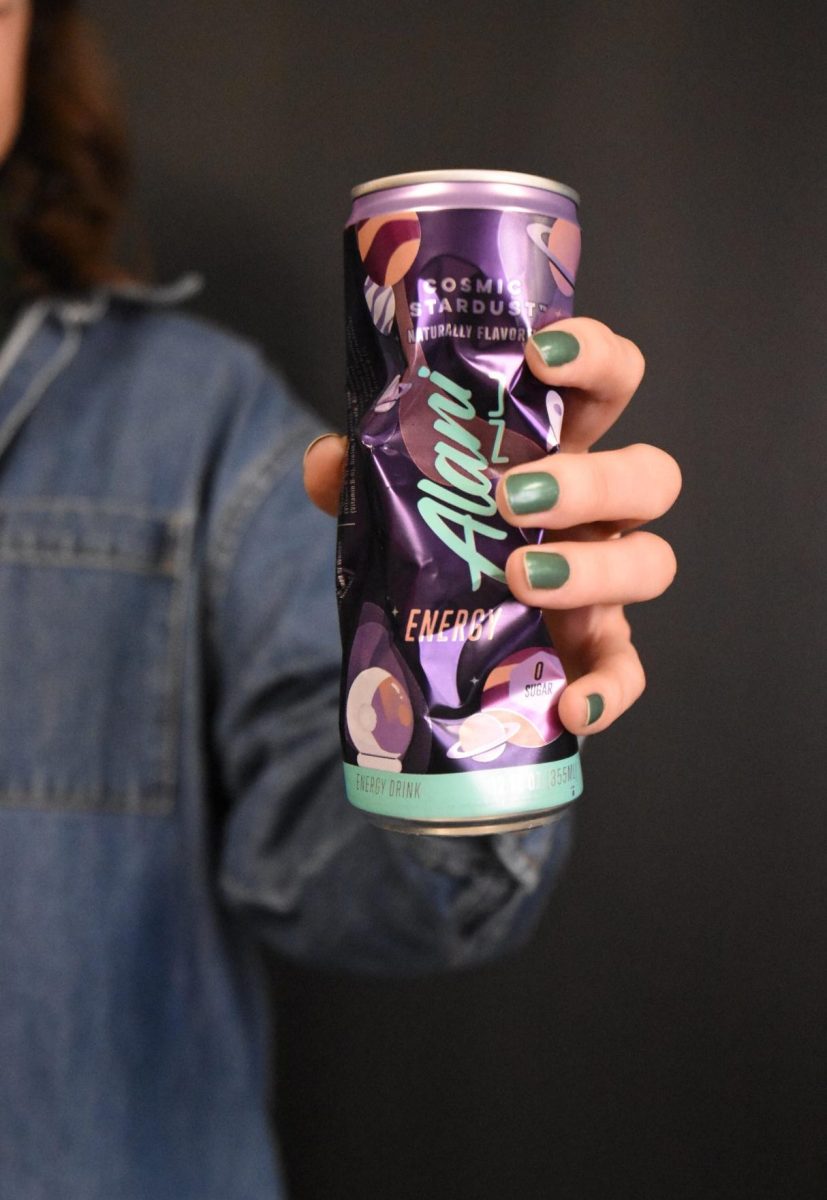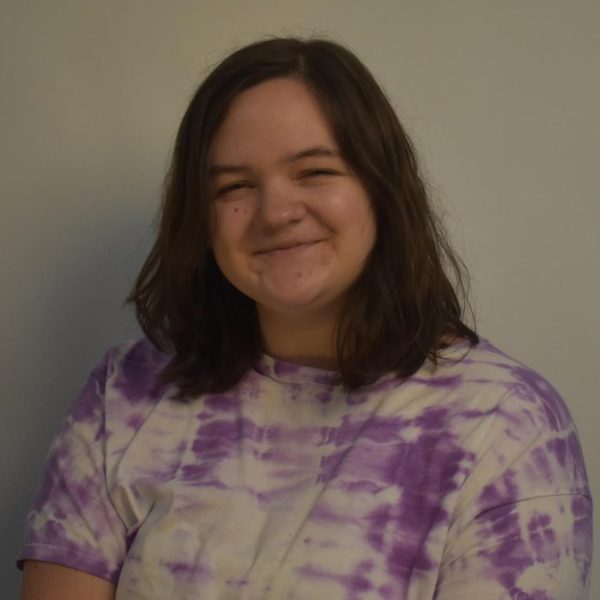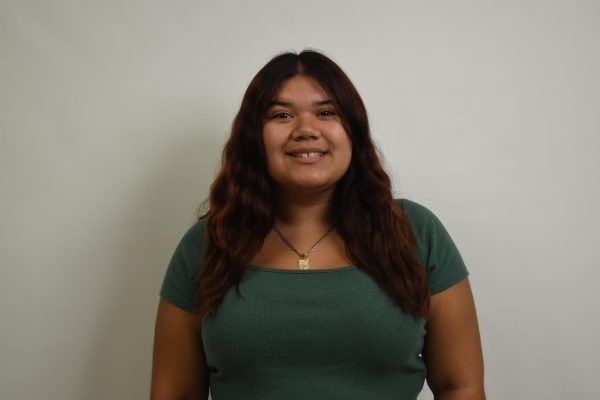Time ticks down as each day passes by, coming closer to the 60th annual election on Nov. 5 between Former President Donald Trump (Republican Party) and Vice-President Kamala Harris (Democratic Party). As for the candidates running-mates, Senator JD Vance was chosen by Trump while Governor Tim Walz was chosen by Harris.
Most of the senior class of 2025 are eligible to vote for the election for the first time. That includes about a third of social studies teacher Michael Gordon’s government classes. When planning out what to teach for the year, there are certain things that are in a different order when an election comes. Before the presidential debate on Sept. 10, his students had a day of discussion on the qualifications and powers of the presidency in order to prepare to watch the debate at home.
“There’s two ways to teach a government class. You can teach it from a vantage point of current events, or you can teach it from a vantage point of historical foundations,” Gordon said.
As for the other two thirds of the student population who are ineligible to vote, they are still granted the opportunity to simulate their participation in this year’s election. With over nine hundred student participants from the 2020 Biden vs. Trump mock election, media specialist Kelly Hladek extends the tradition by creating another mock election for the 2024 year. By sending out weekly information of individual parties and candidates, she expresses the value of educating your political identity in order to define it.
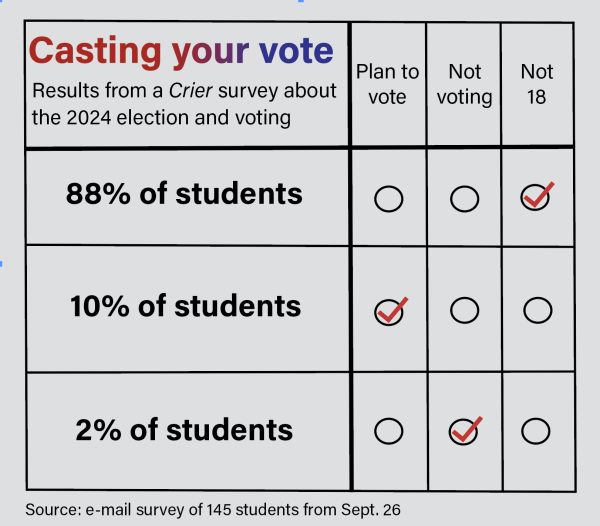
“Lots of people vote by party, but it’s also important to vote according to the candidate that you feel best represents your values and who character you’re most in alignment with,” Hladek said. “Voting blindly can be precarious, so learning who you’re voting for will equip you with the best insight to make an educated decision.”
Chairwoman of the Munster Democratic Precinct Organization Ginny Dickman-Lopez runs the Democratic side’s efforts that include connecting with the candidates, checking that the polls are adequately staffed and helping toward a free and fair election that runs smoothly. Dickman-Lopez advises the student body to look up the candidates on the ballot and see who fits your own values. These values can range from health care, education, jobs and even the economy.
“I really challenge people to look at what is your line in the sand? What issues are important to you in your life that really make a difference?” Dickman-Lopez said.
Not only is researching the candidates for the next United States President effective, it also goes for the five candidates running for Munster High School’s school board. The website onyourballot.vote411.org gives a voter guide, helping in the research of the five candidates. Questions like “What are your top priorities, if elected?” or “How would you define educational equity?” are asked, displaying the answers of each.
Chairwoman of the Munster Republican Precinct Organization Betsy Mellon extends her passion for young generations to join the scene of voting by reaching out to your candidates individually.
“I’ve never met a candidate who isn’t eager to respond to a voter,” Mellon said. “Regardless of what side of the aisle they’re on, they all have a strong civic pride. Each individual candidate has their contact information on their profile, and they’re more than willing to talk to voters.”
While educating yourself with online and news resources is critical for a well-educated vote, newcomer voters and nonvoters alike can turn to the classroom as an outlet of political literacy. Mellon defines how history shapes the foundation of which politics stands on.
“Without understanding the history of our country, it can be easy to lose track of why we do this—why America is a republic and not a straight democracy, why our Constitution is the way it is, and why we have to vote,” she said. “History helps us understand how to not make the same mistakes we have in the past.”
Tragedy of the commons comes with the mindset believing that your vote doesn’t matter, Dickman-Lopez expresses, but the collective effort of voters is essential for change.
“I would encourage folks to get involved—we all feel like we can’t make a difference, but I promise you, you actually can,” Dickman-Lopez said. “You guys have a voice in this. We all have a voice.”
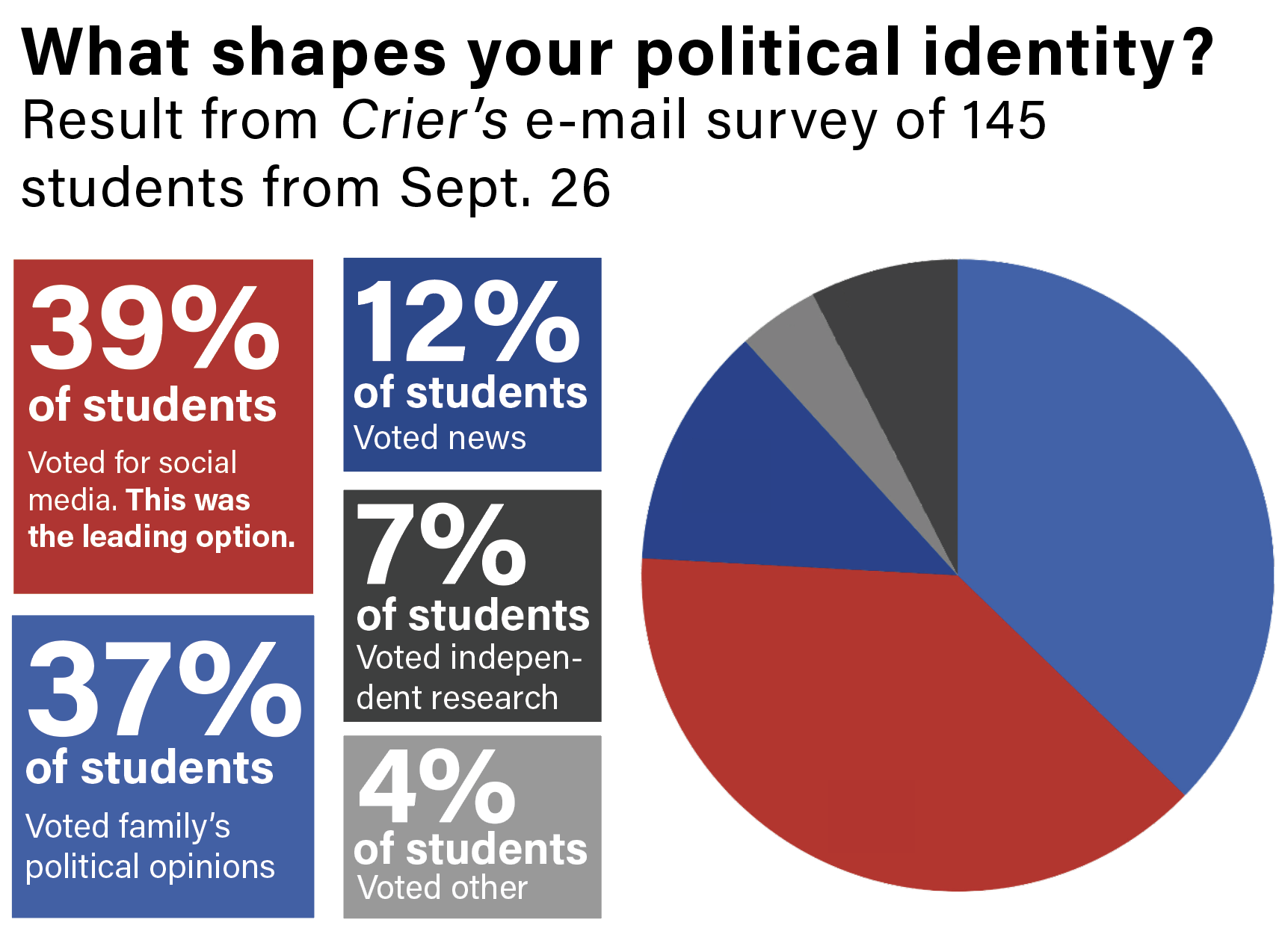

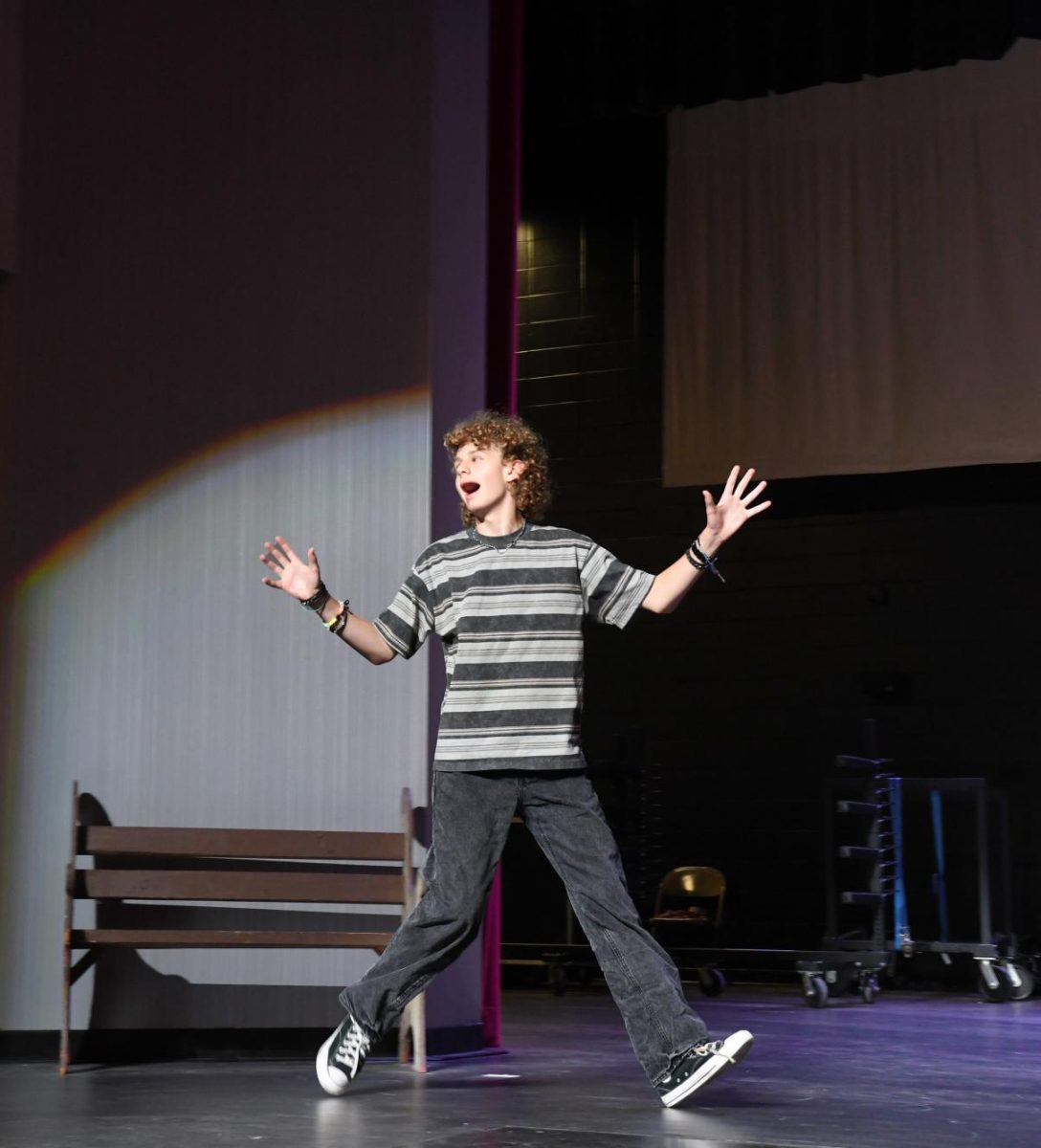
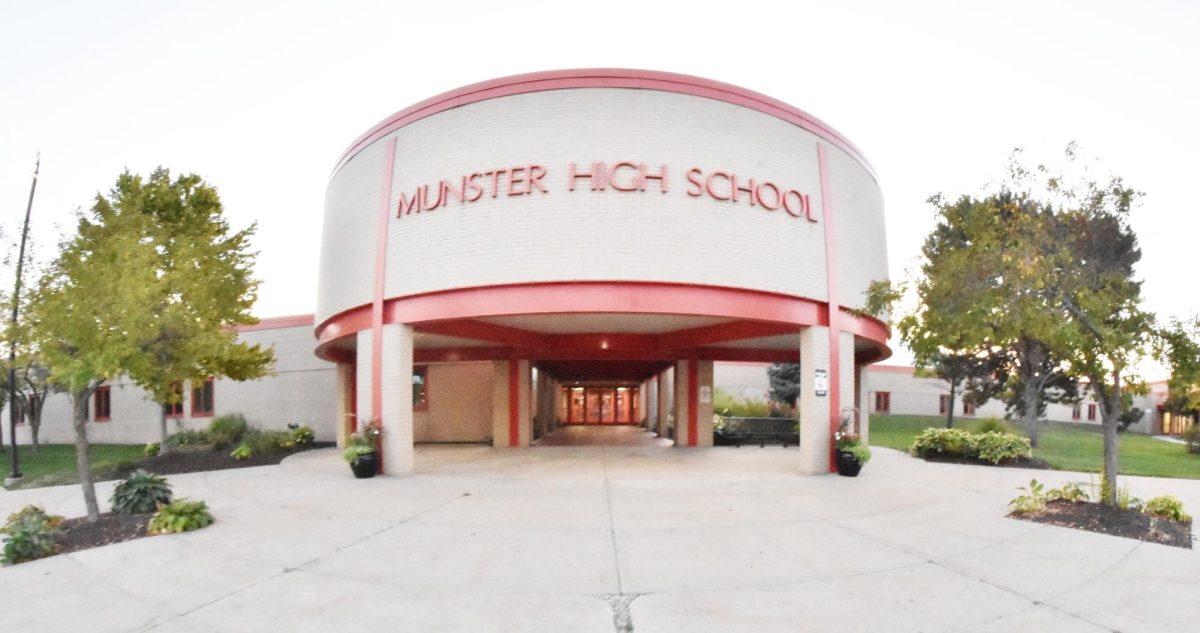

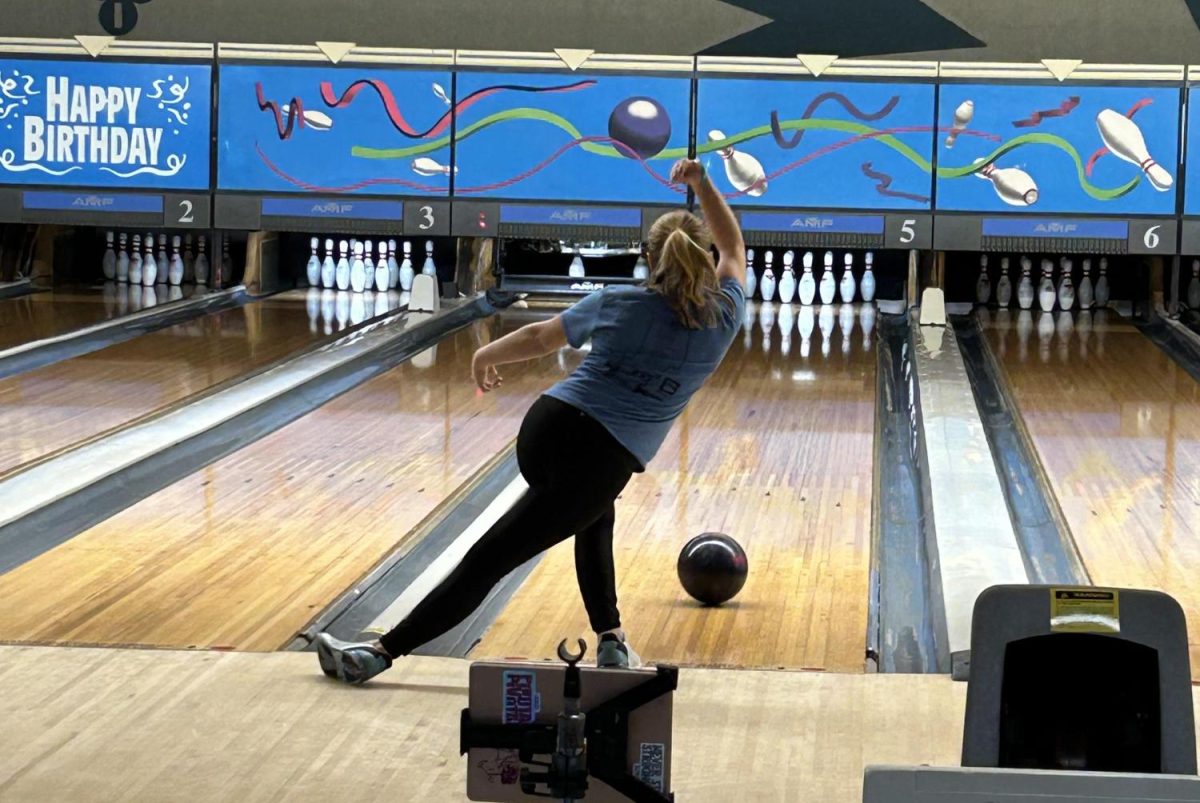
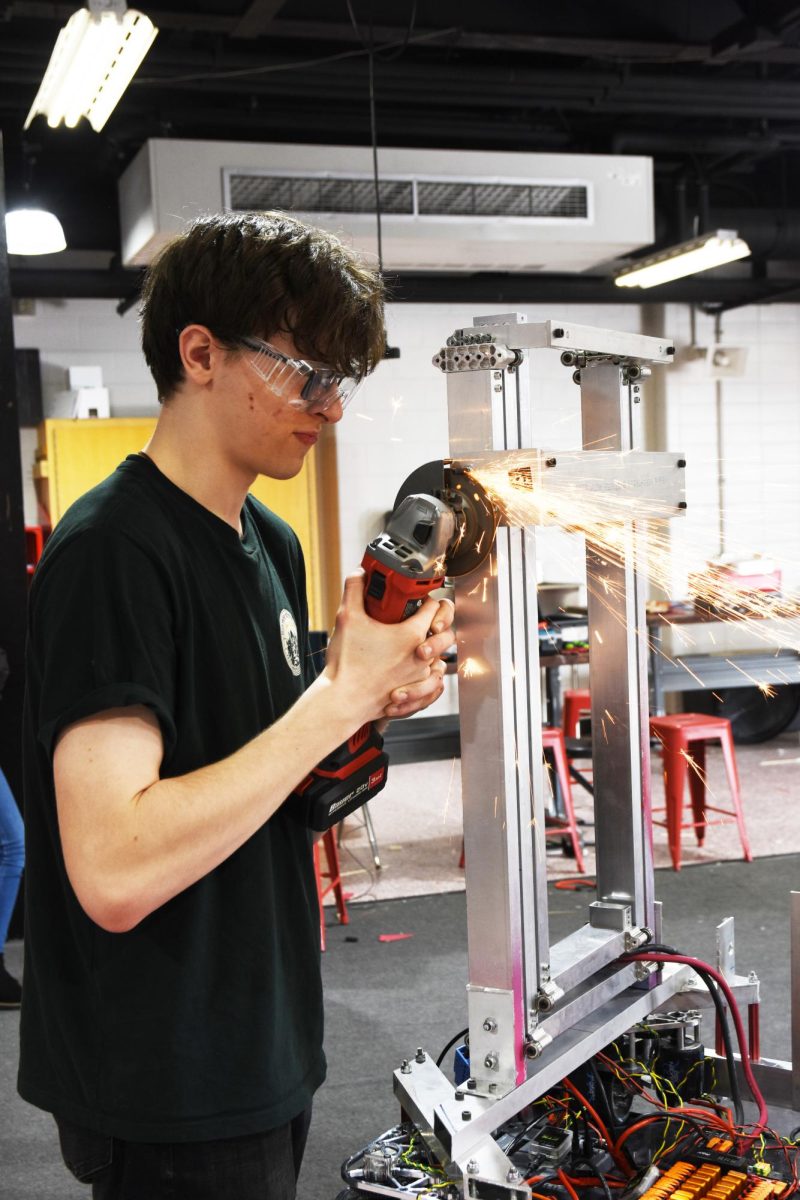
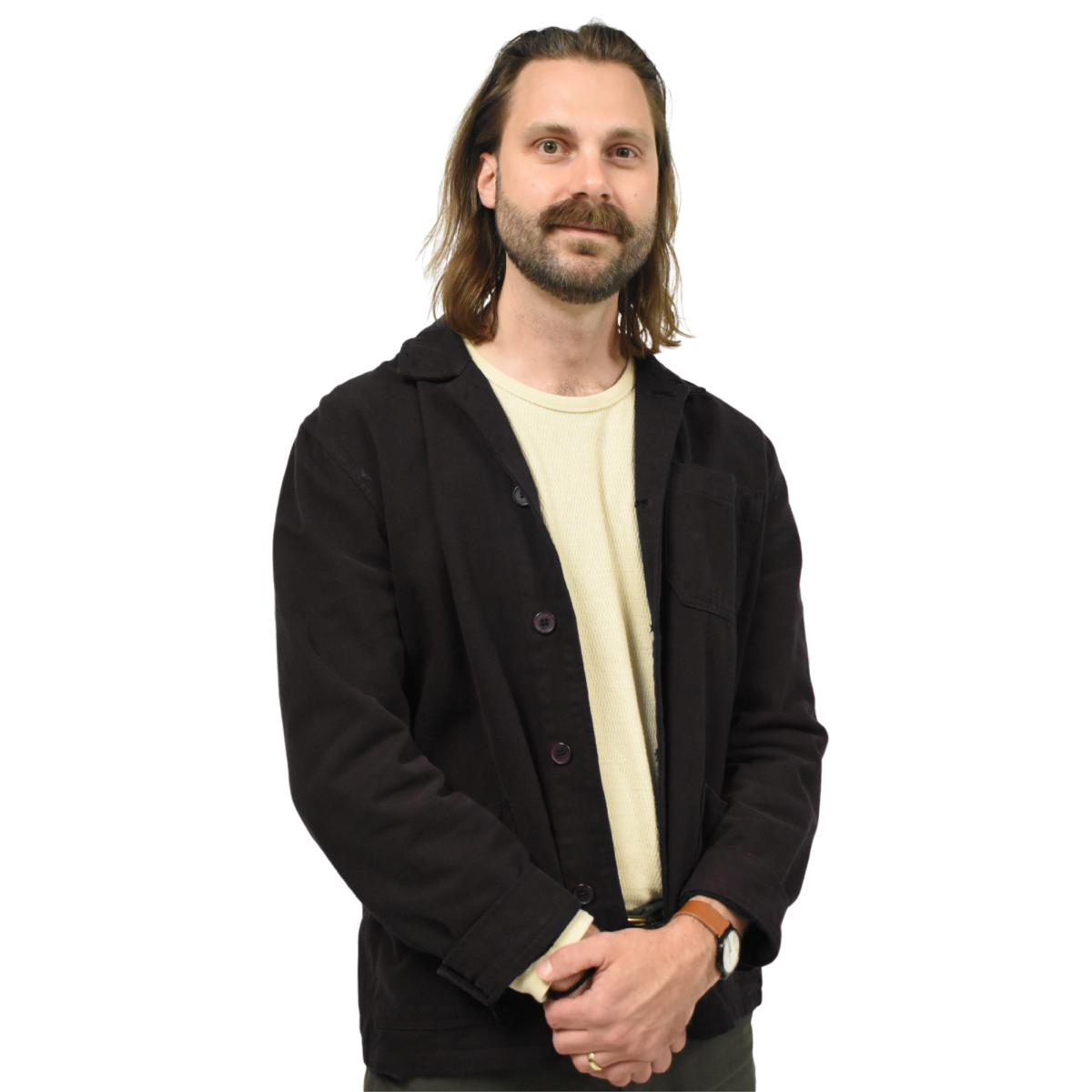
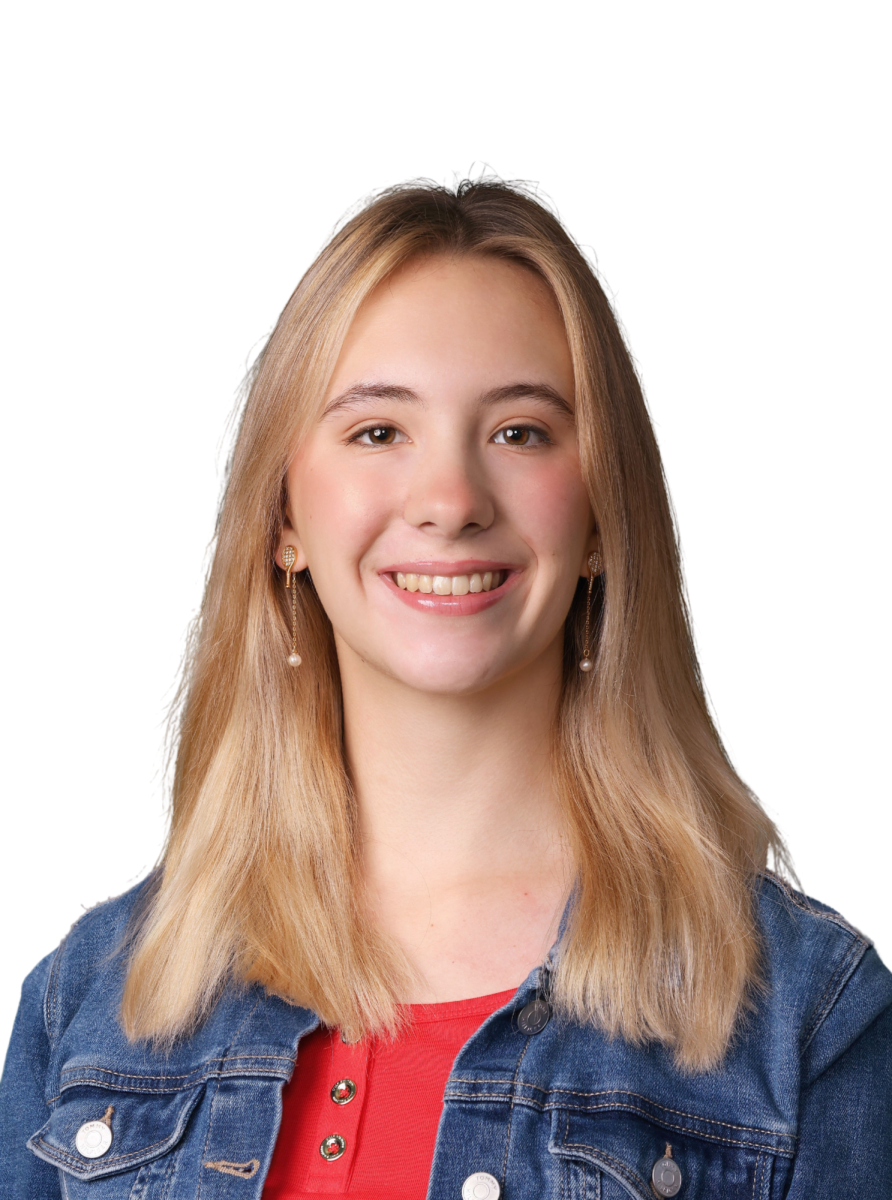
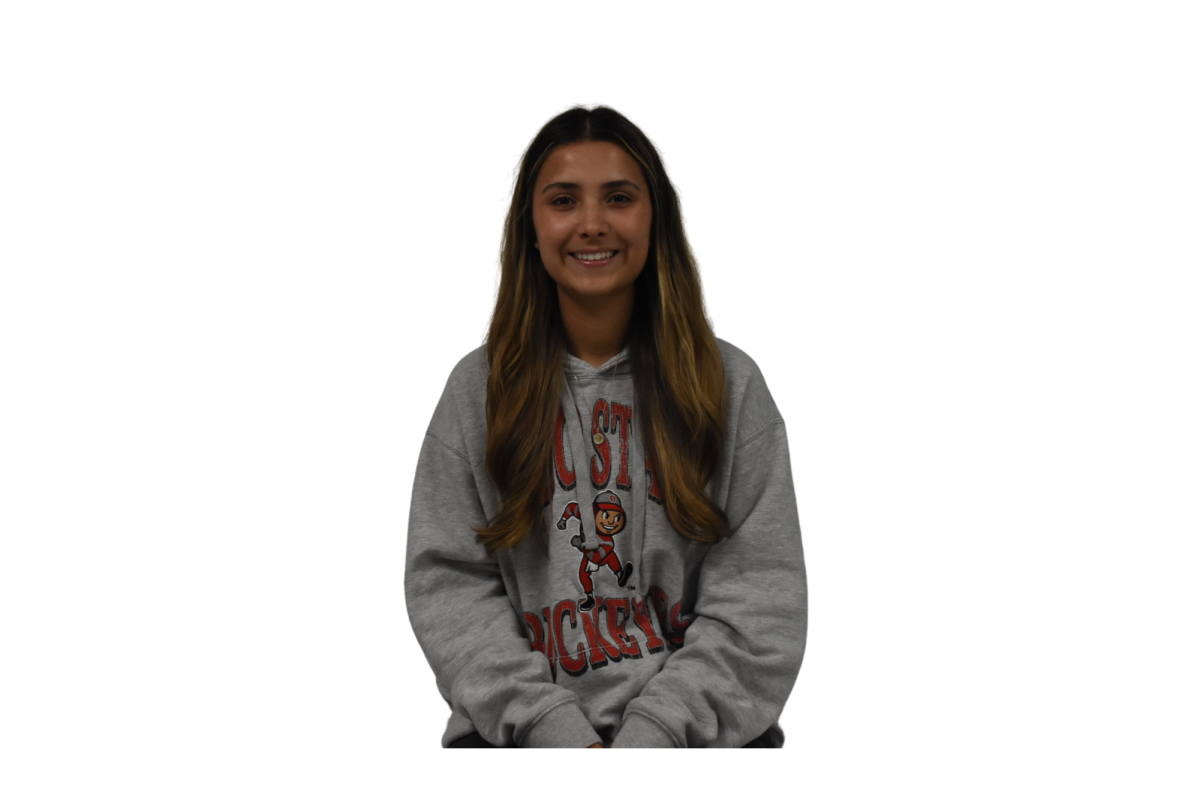

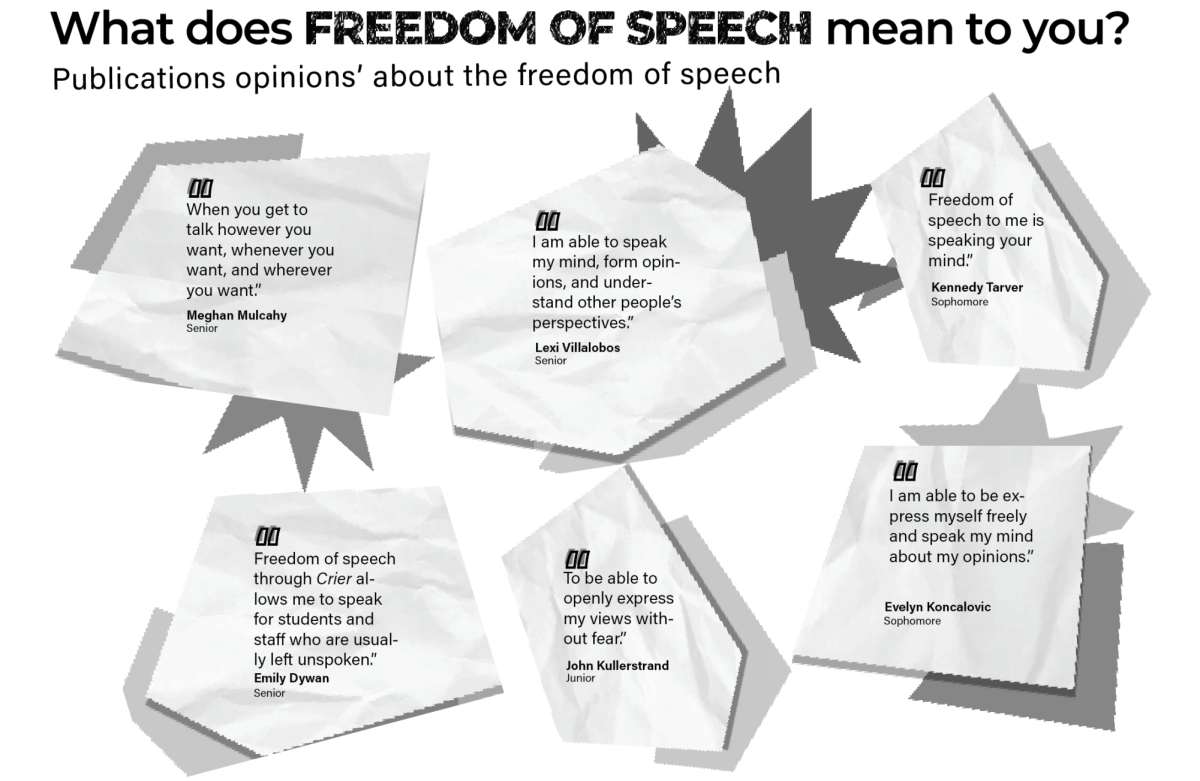
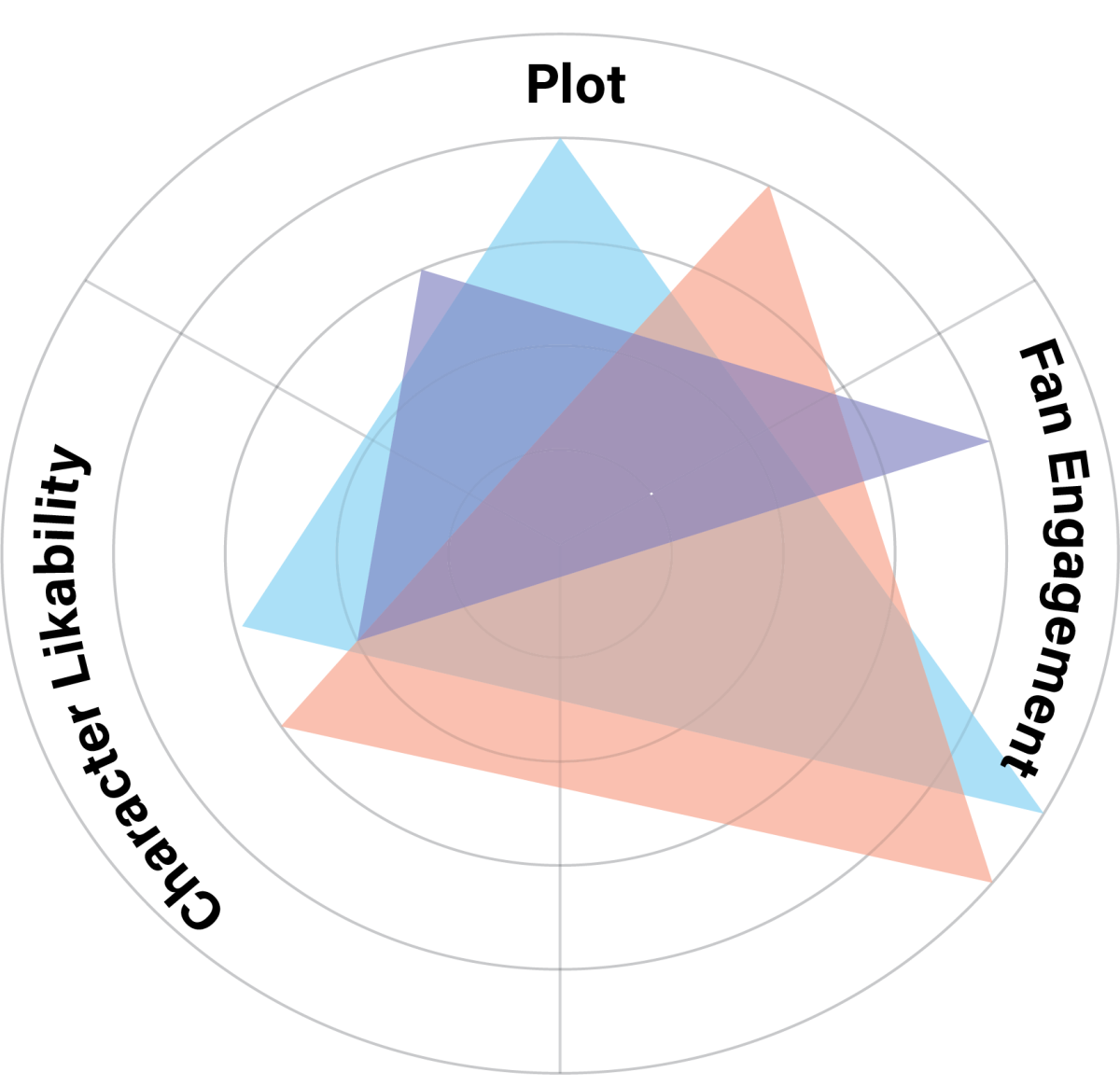

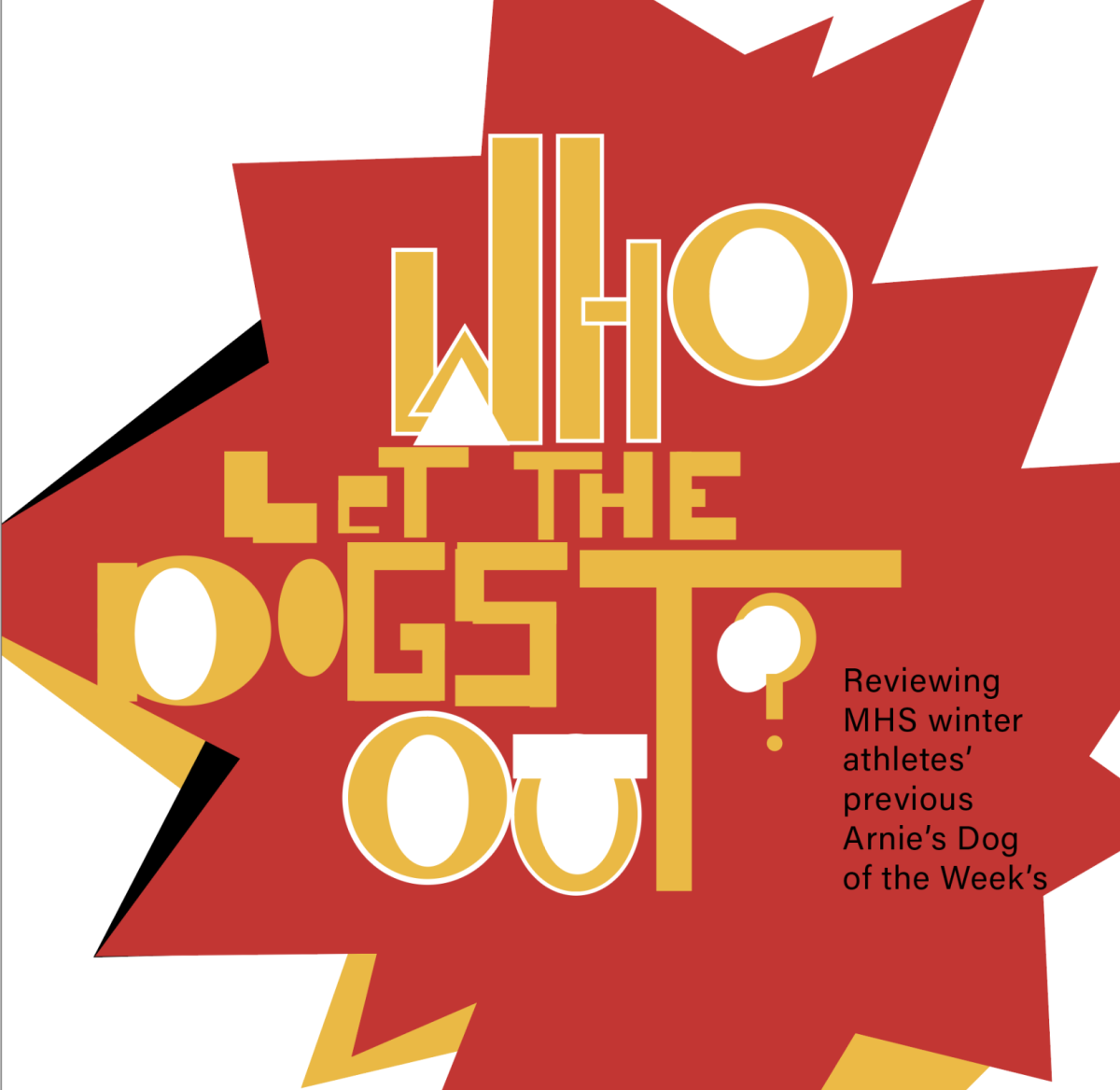
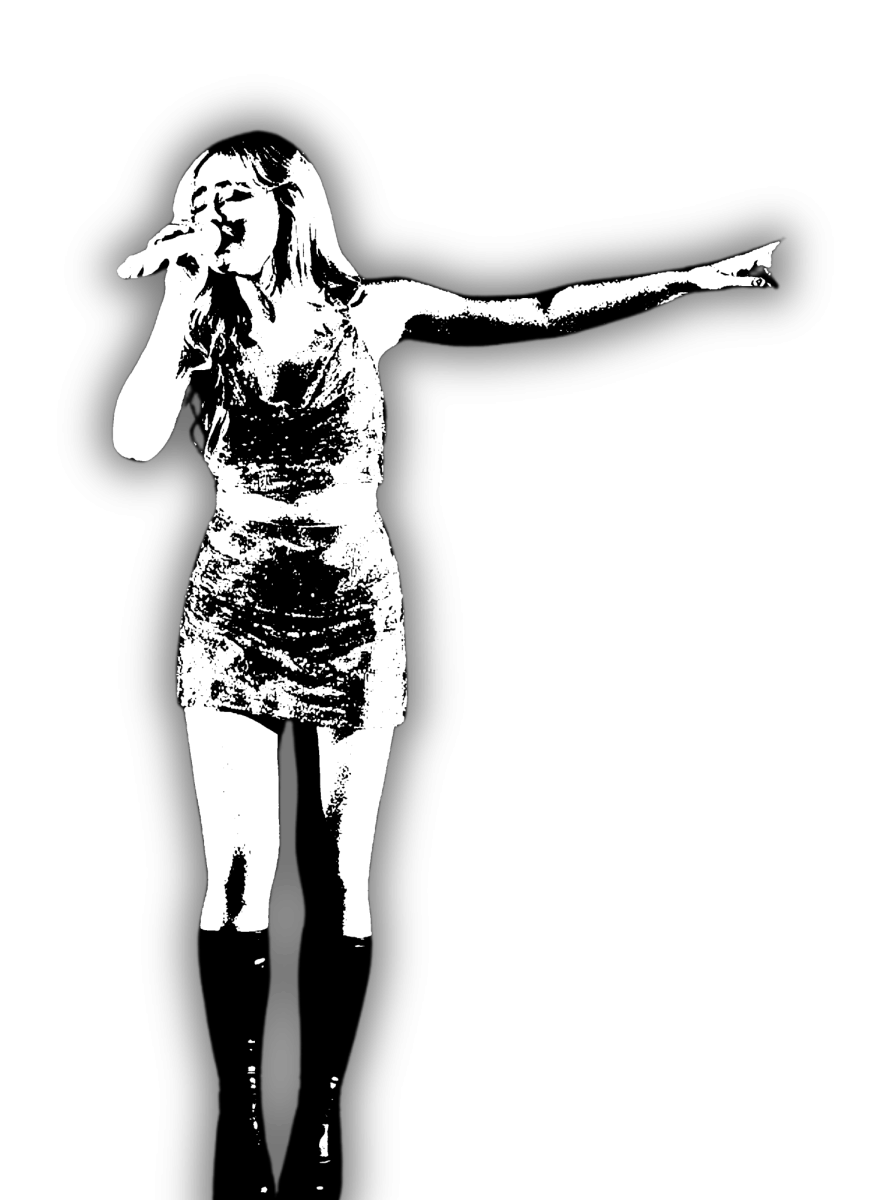
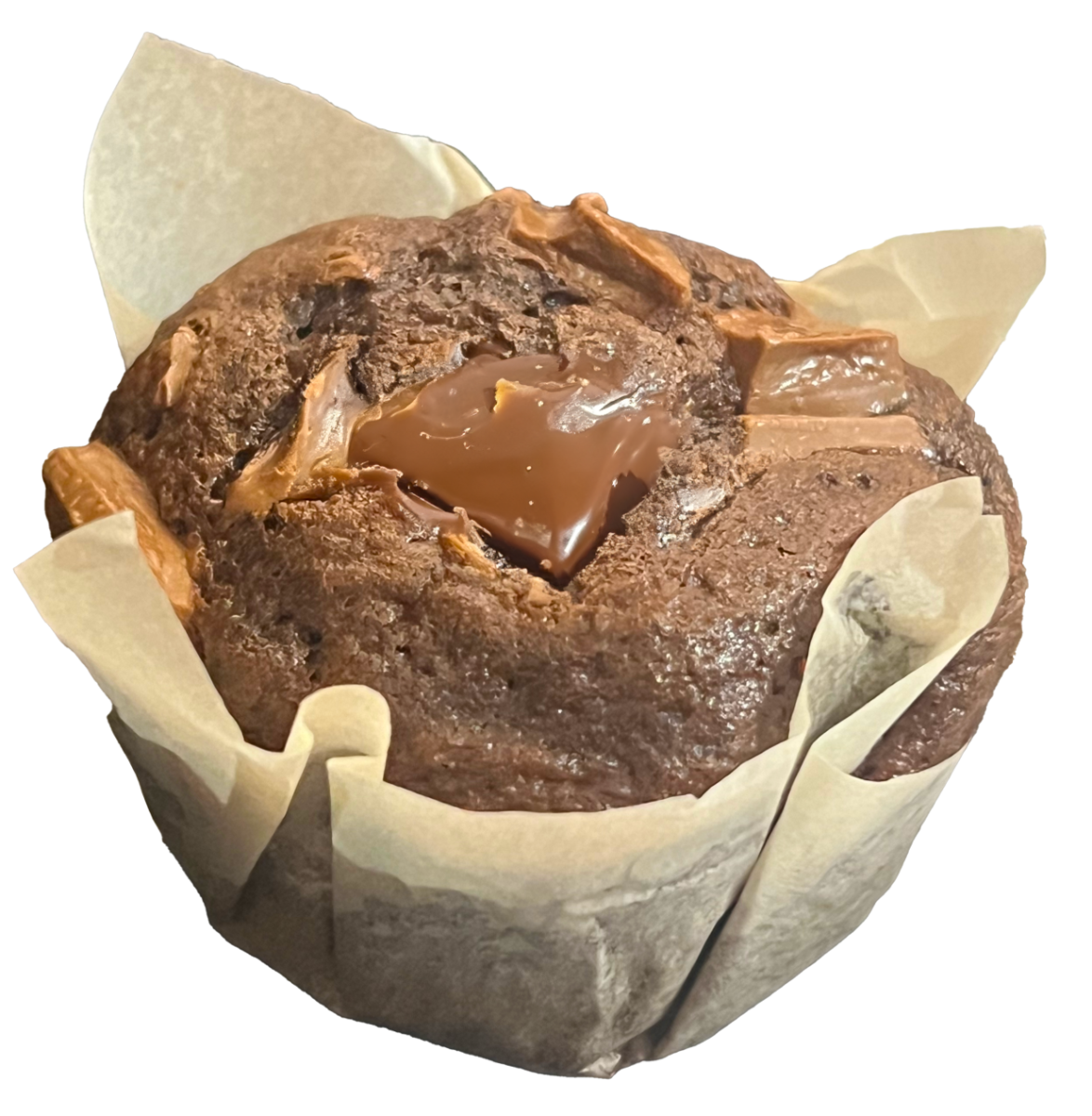
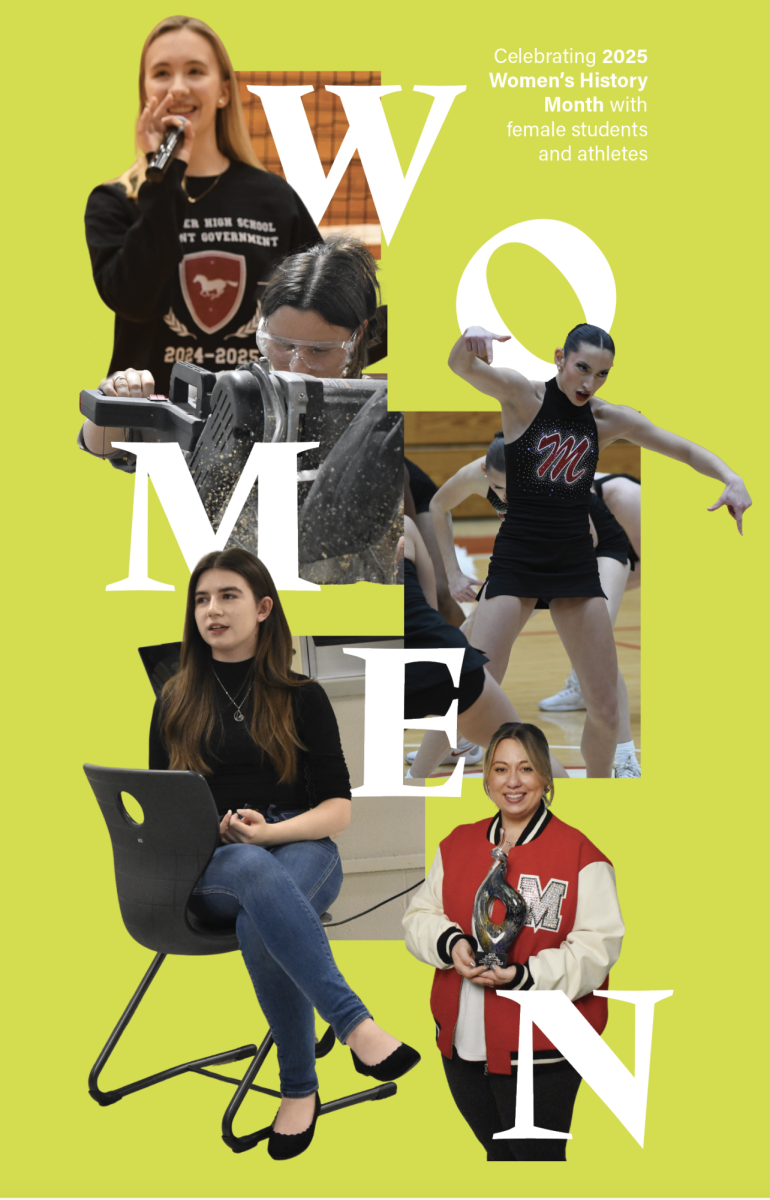
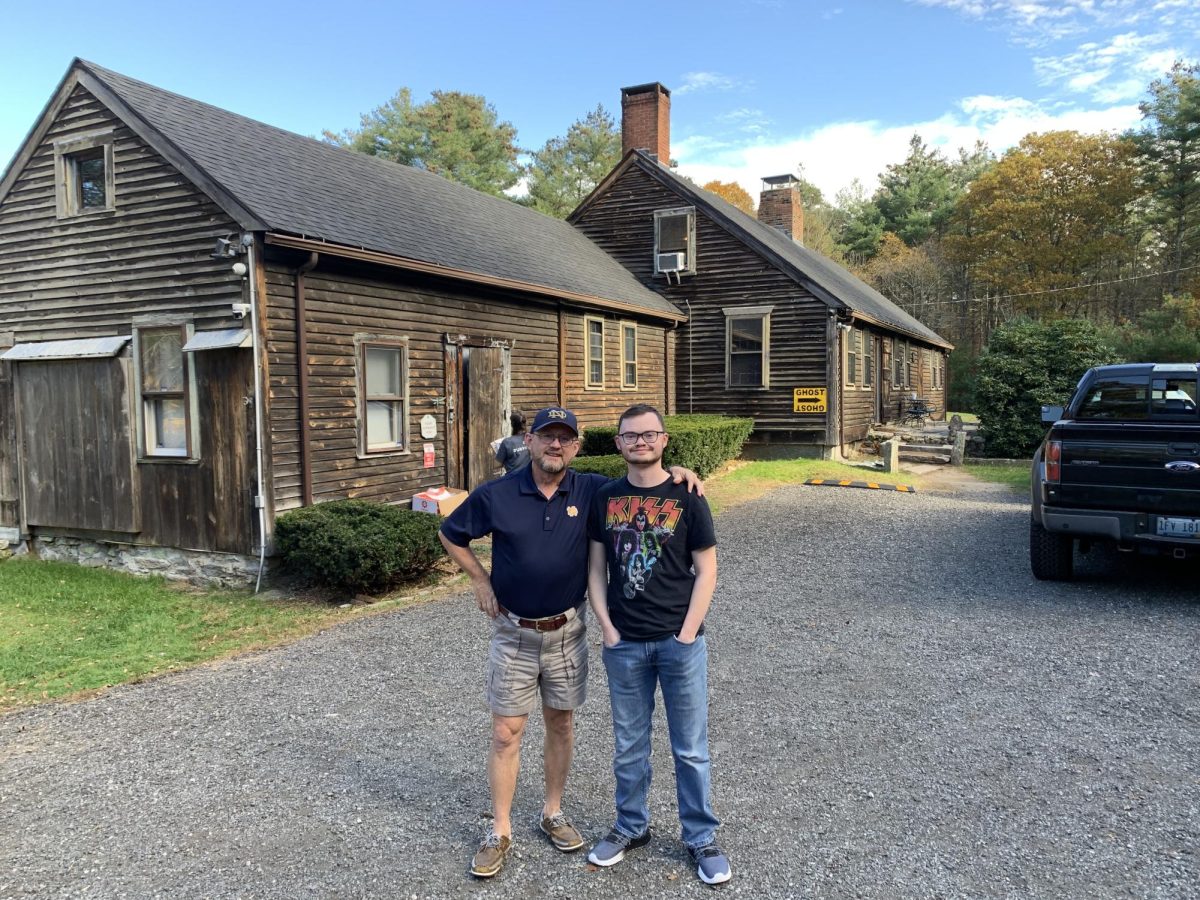
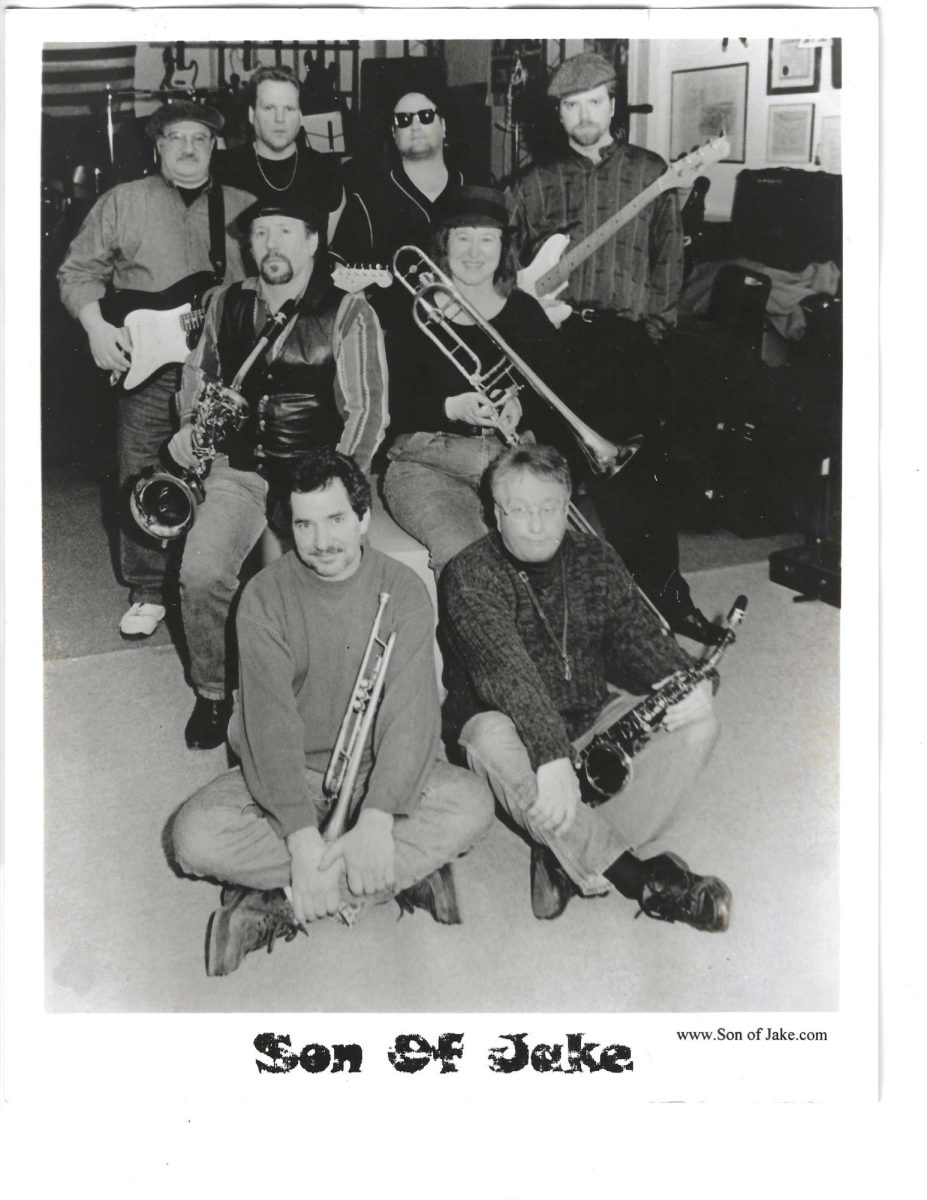
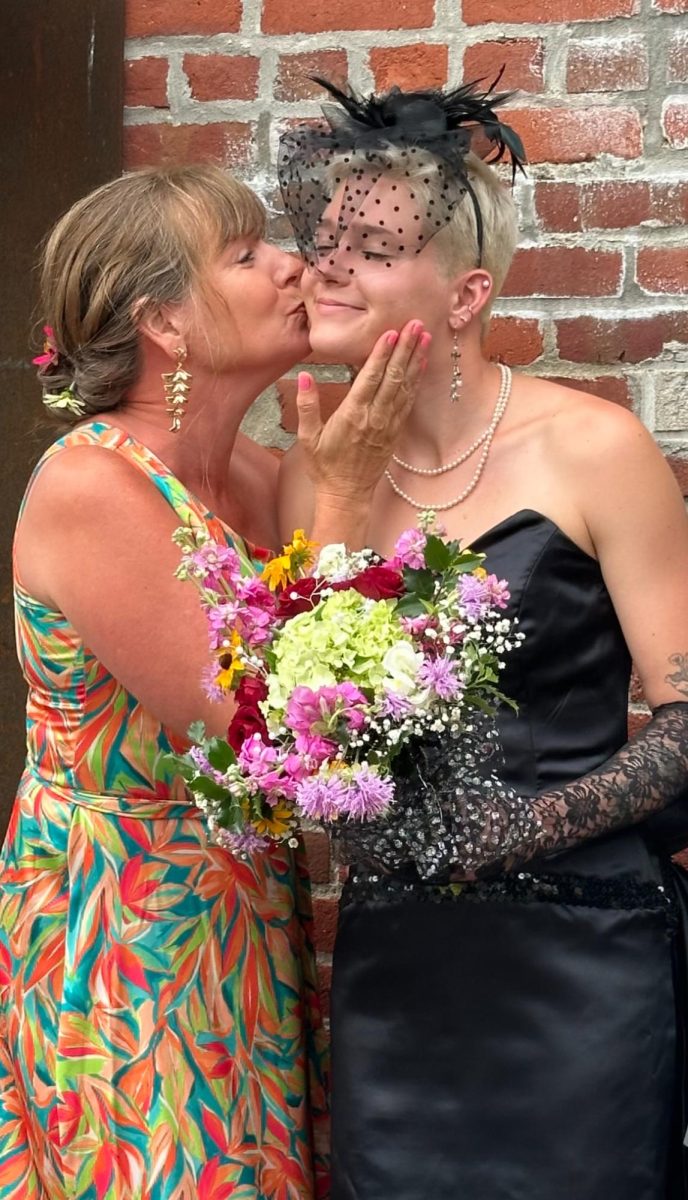
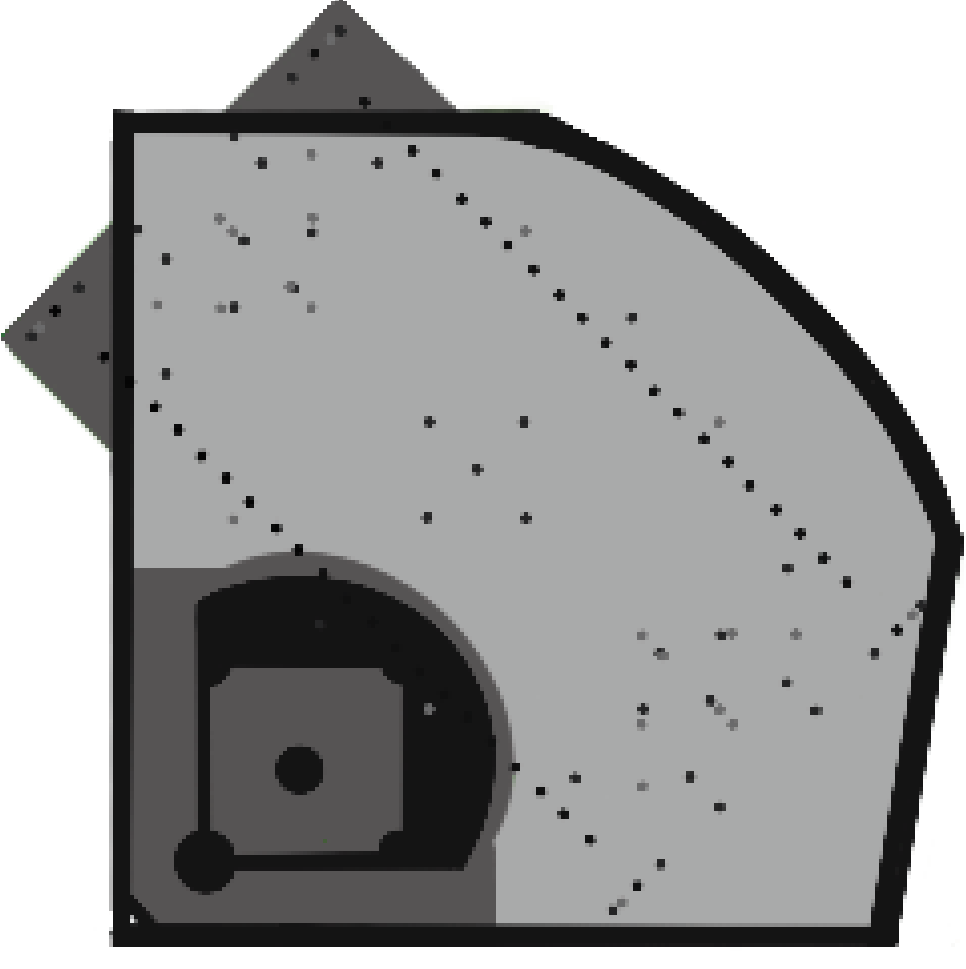
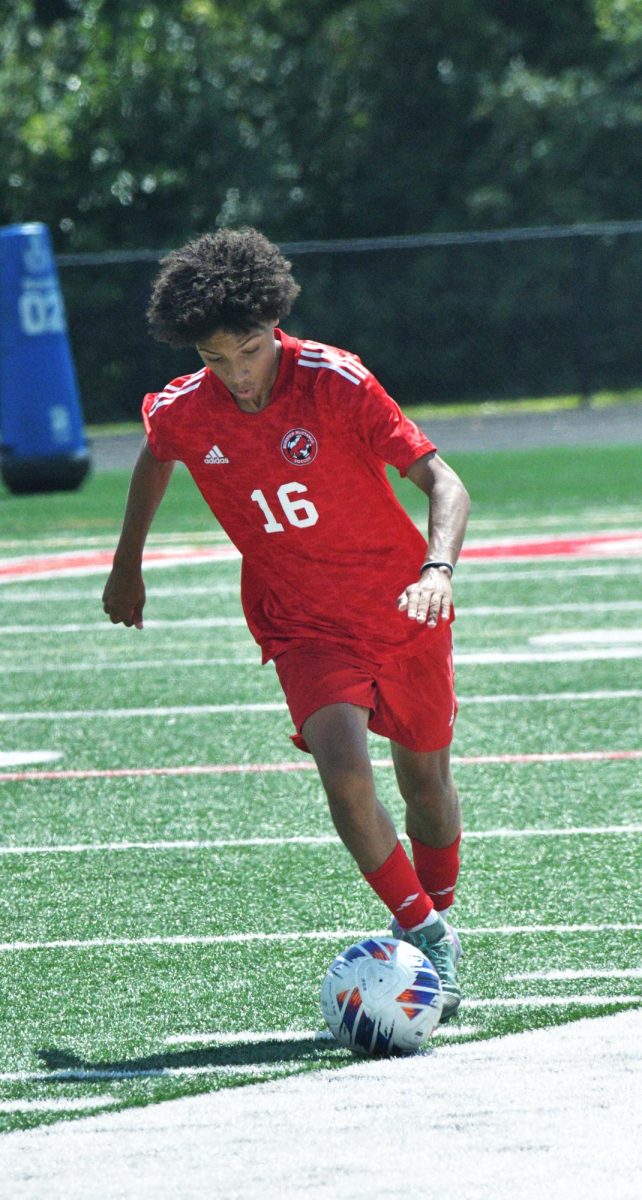
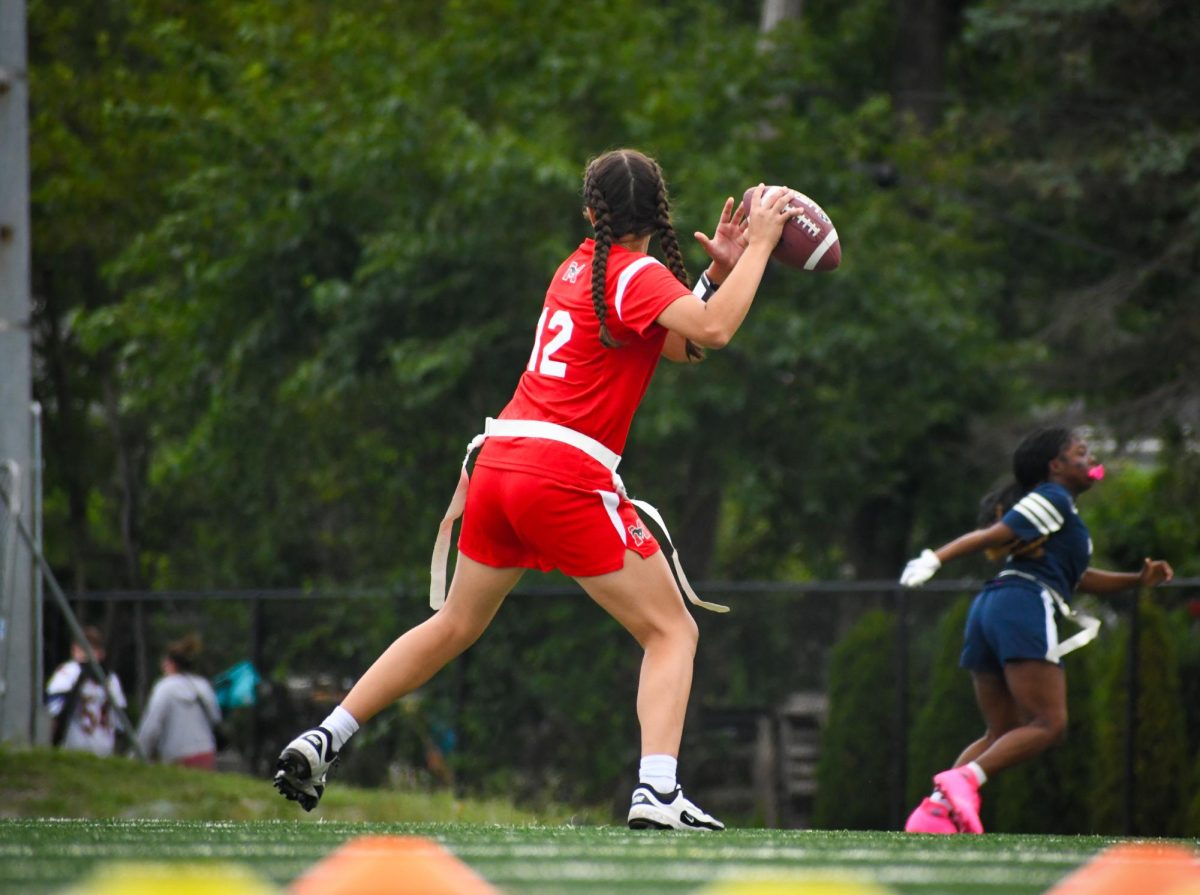
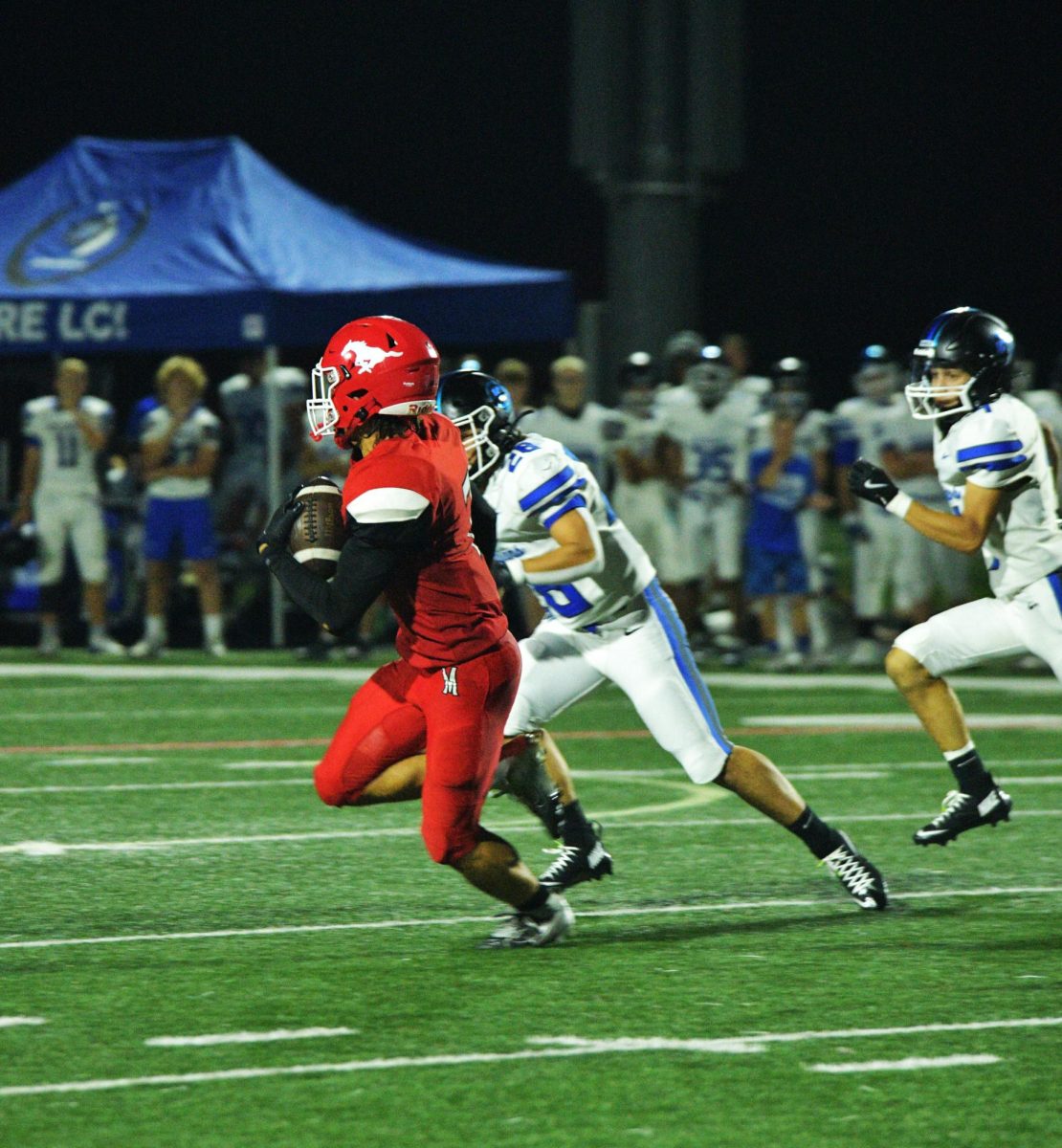
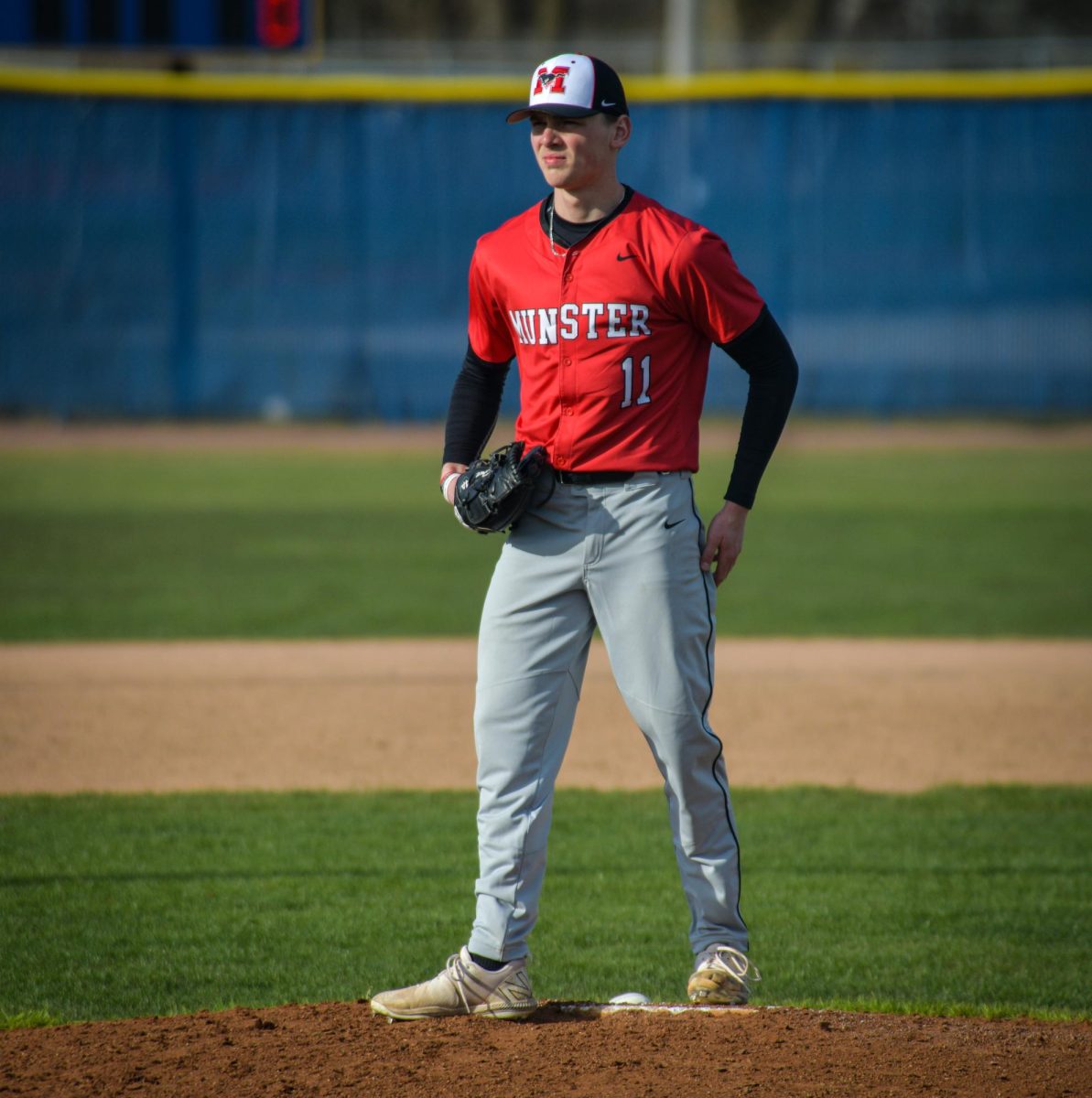
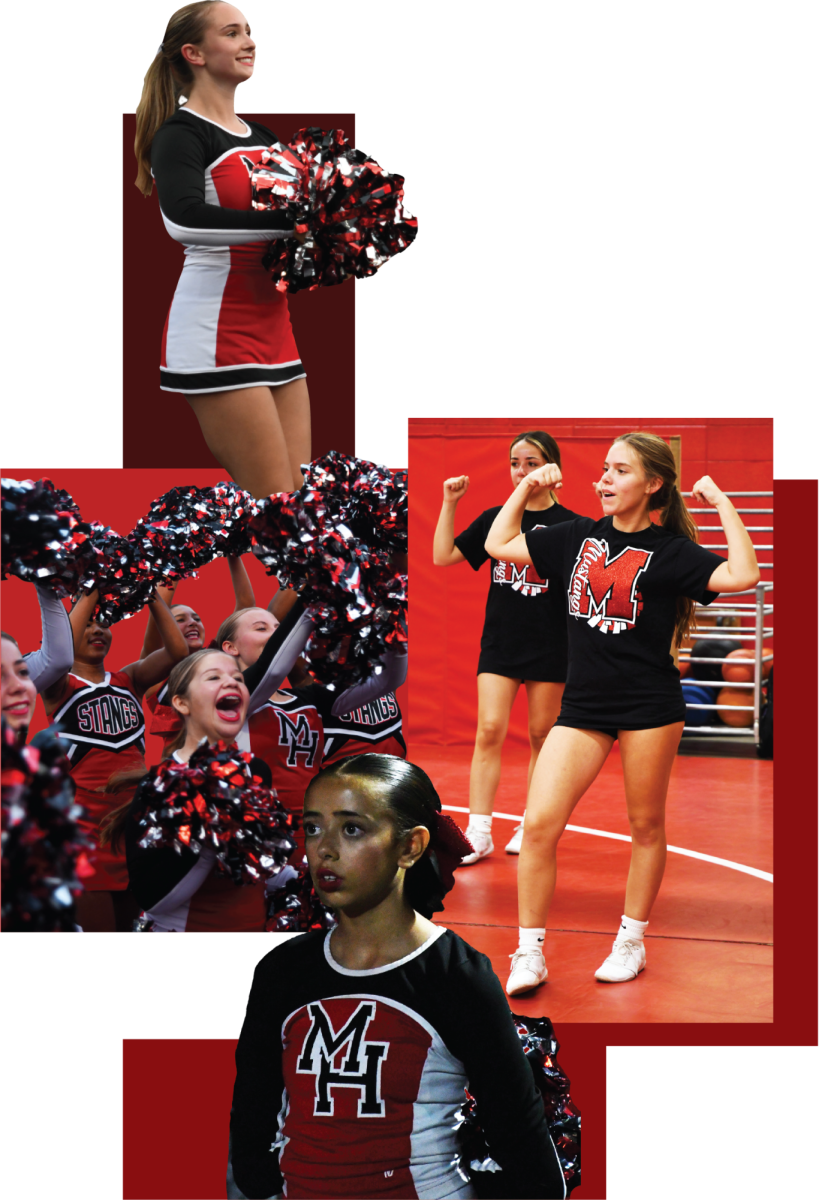
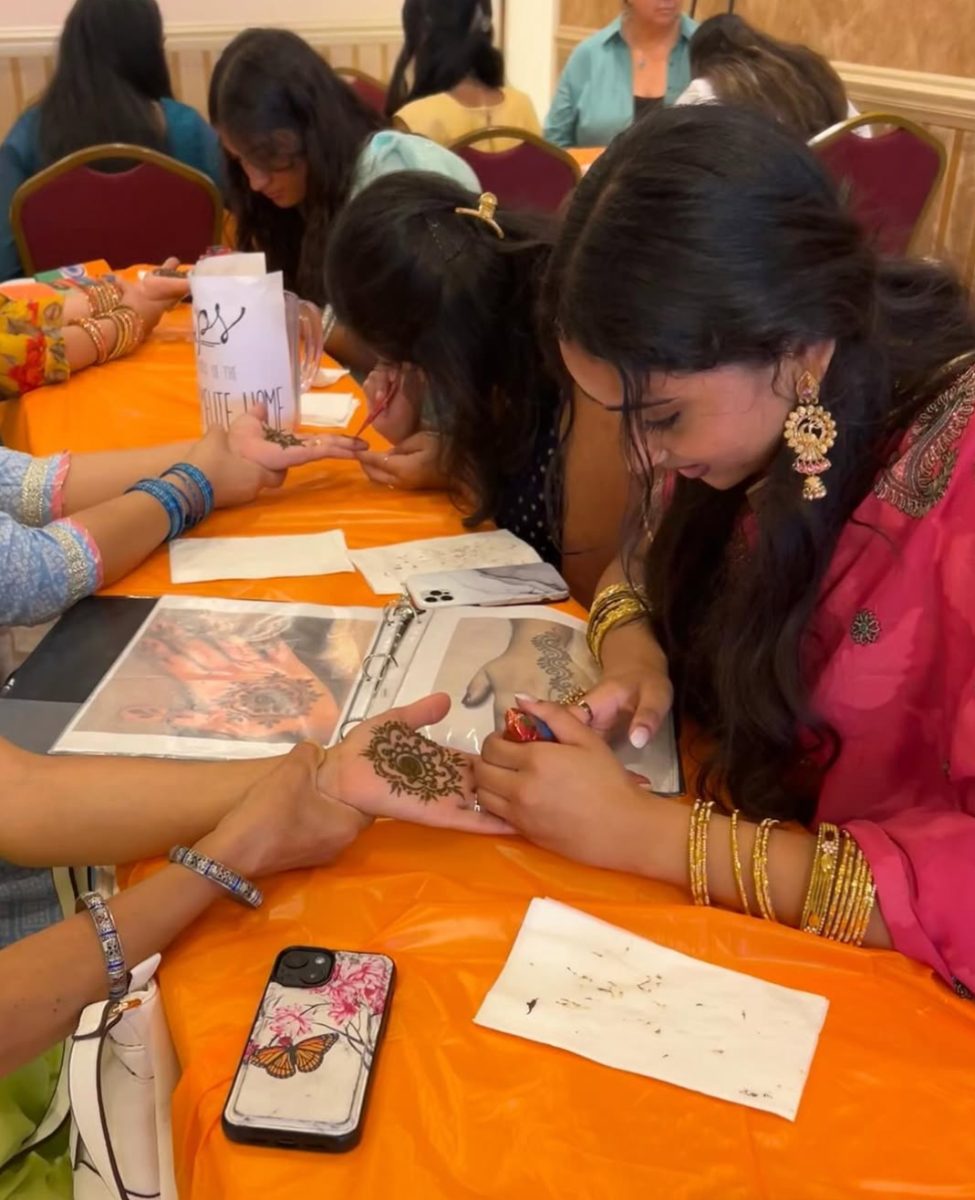
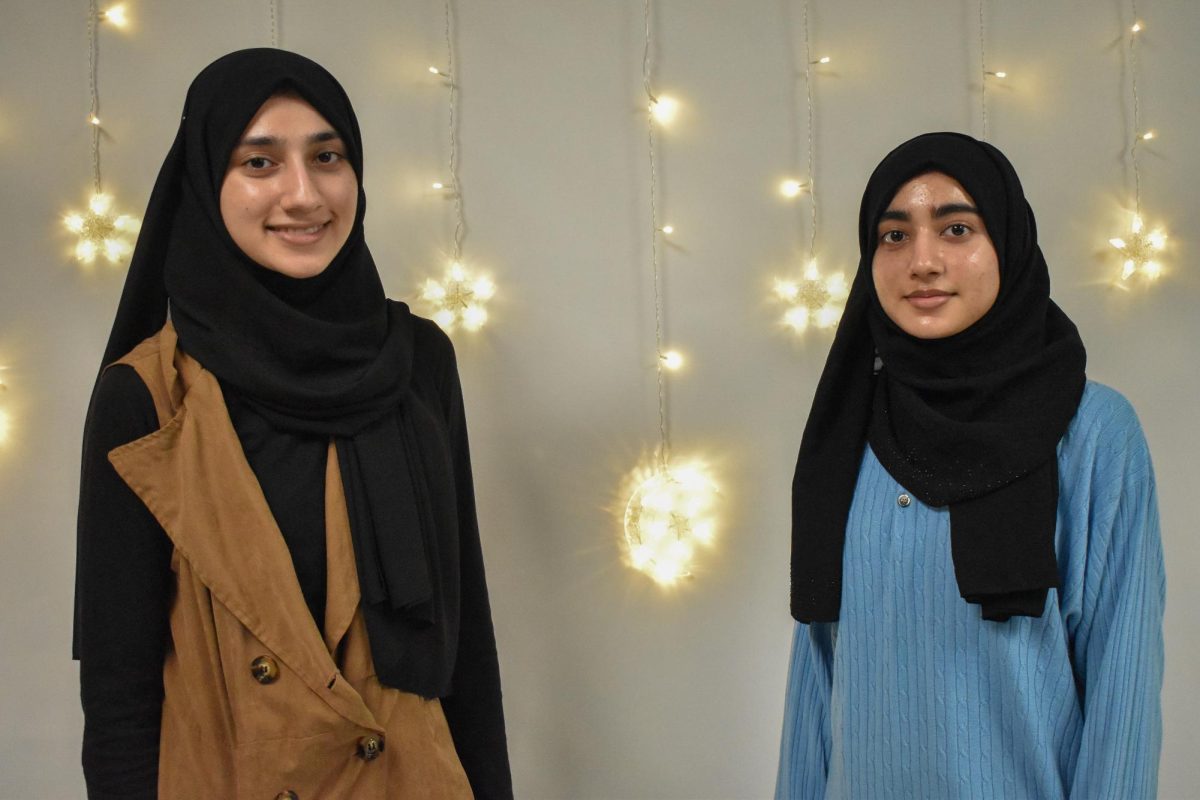
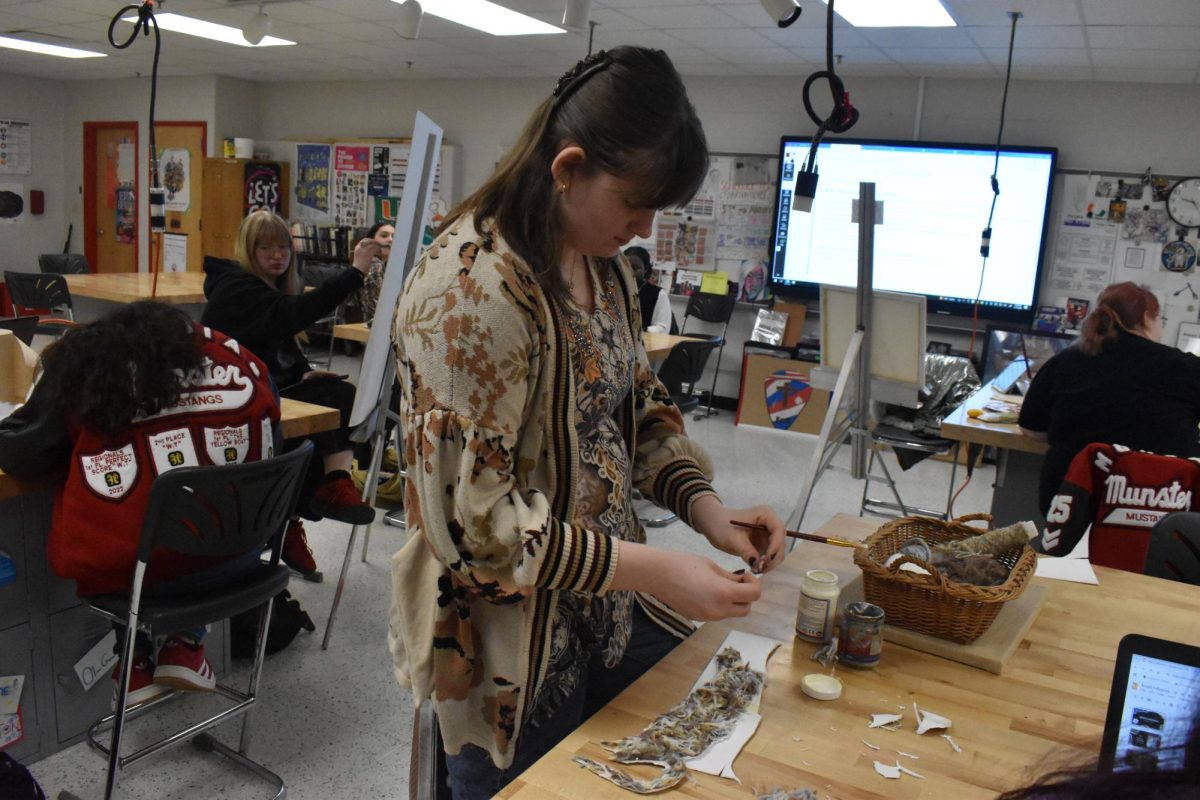
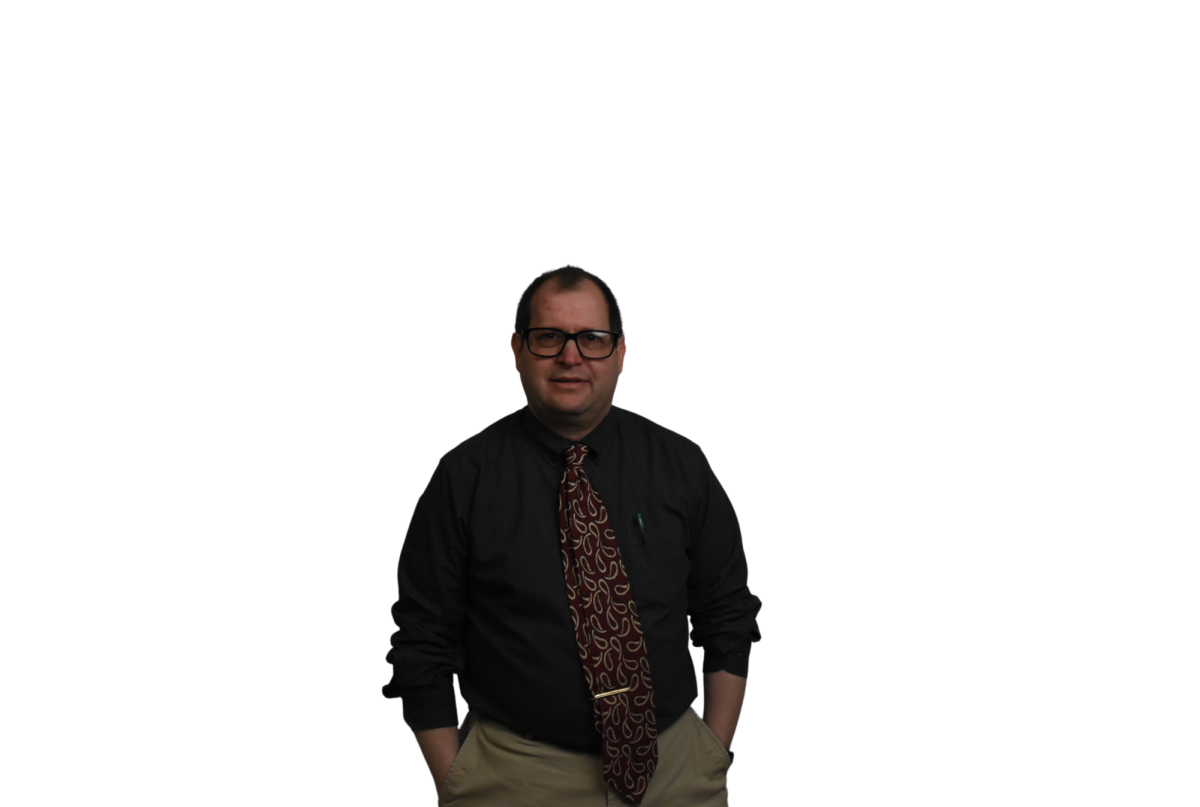
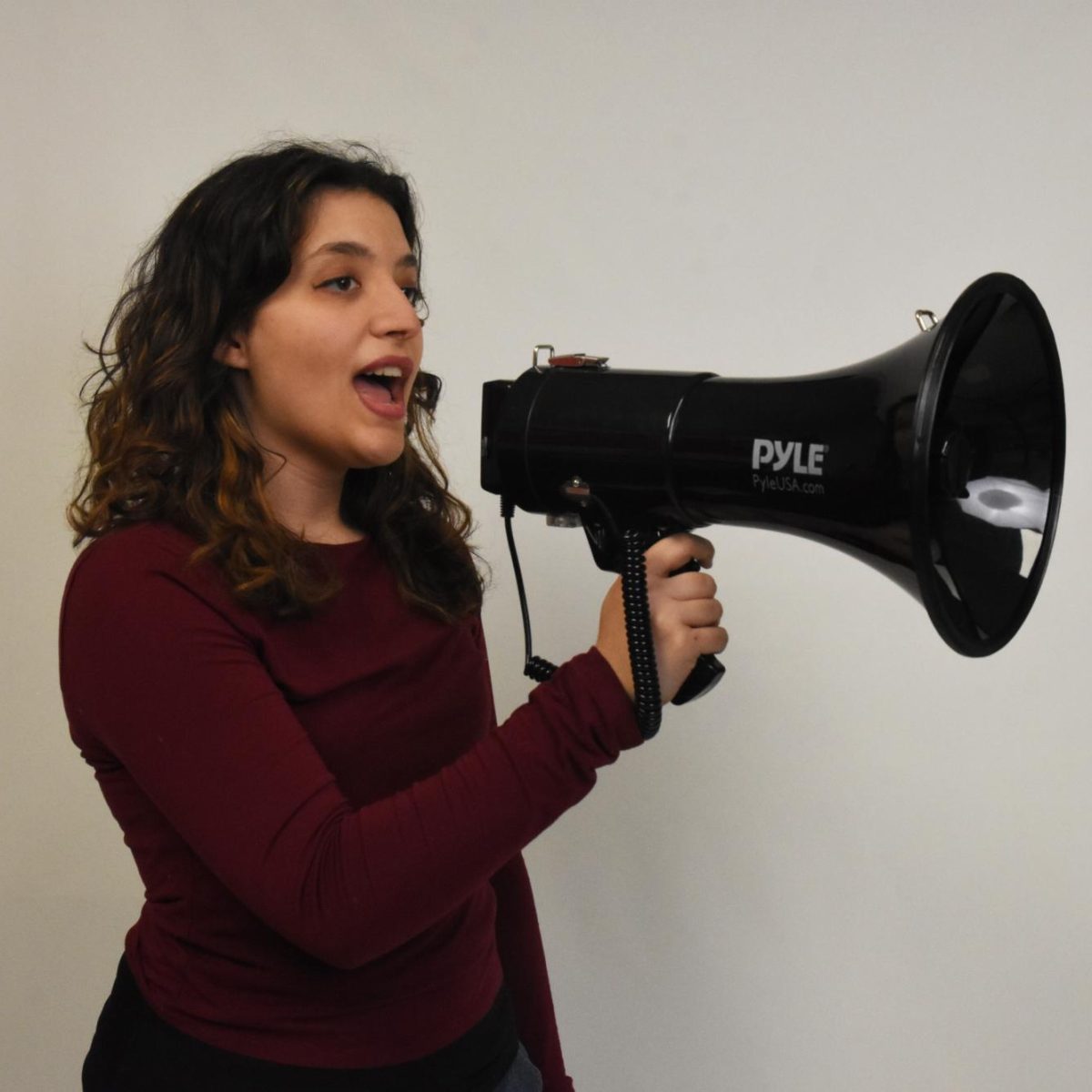
![SNAP HAPPY Recording on a GoPro for social media, senior Sam Mellon has recently started a weekly sports podcast. “[Senior] Brendan Feeney and I have been talking about doing a sports podcast forever. We love talking about sports and we just grabbed [senior] Will Hanas and went along with it,” Mellon said.](https://mhsnews.net/wp-content/uploads/2025/04/sam-892x1200.png)
